A Random Letter
It seemed like a regular day at the San Francisco Police Department in 2013, but then a mysterious letter turned up. The letter read, “My name is John Anglin. I escaped from Alcatraz in June 1962 with my brother Clarence and Frank Morris.”
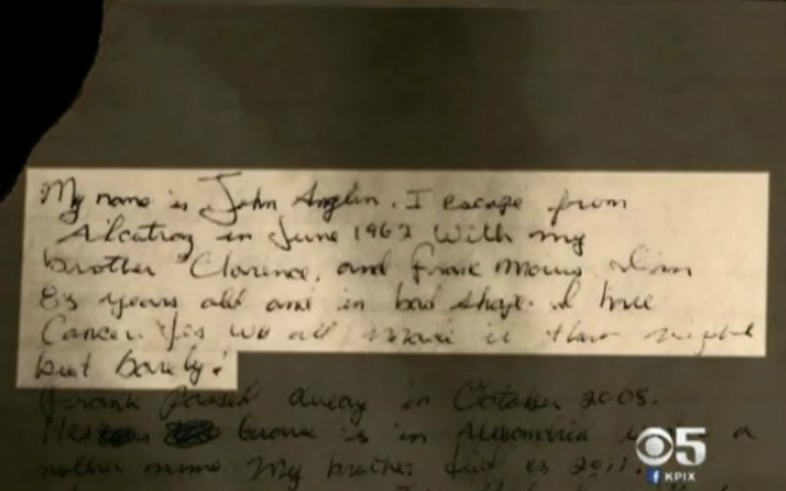
A Random Letter
Hiding The Letter
Although the letter showed up in 2013, only in 2018 was it exposed to the public. Many people questioned why the letter stayed under wraps for the last five years. Some pointed fingers at the Federal Bureau of Investigation, claiming that they were apprehensive about restarting the failed investigation. It also meant that the claims that they had made were possibly not true.
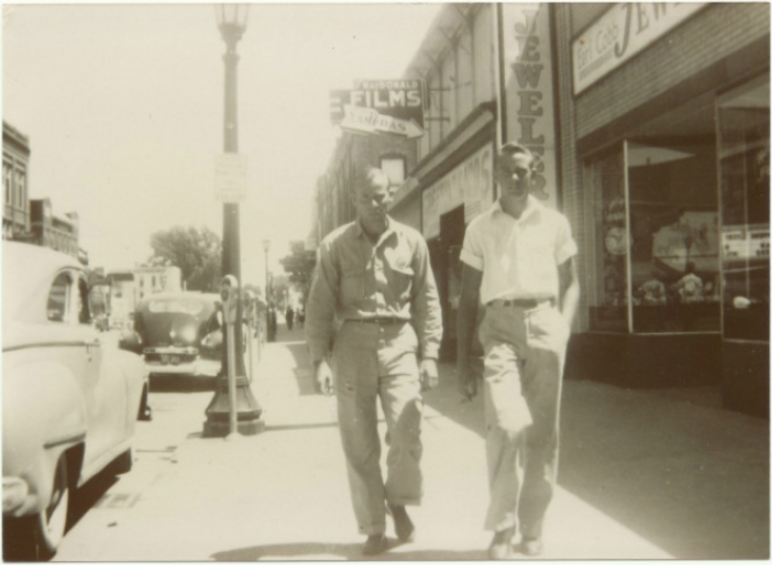
Hiding The Letter
Alcatraz Prison
Alcatraz prison was the holding place for some of America’s worst criminals and the prison operated from 1934 until it closed in 1963. The island that housed the maximum-security prison was intended to be unreachable, at the same time making it impossible to escape from. For years prisoners attempted to escape from the tough prison, but no-one had ever successfully managed.

Alcatraz Prison
No Luck
The idea of escaping from Alcatraz prison was possible in theory, but in reality a lot of problems stood before inmates. Doing so alone would be considered a death mission, but doing so with a team would require trust, resources and careful planning. In the past, many failed with 23 inmates being caught, 6 being shot, 2 drowning and another 2 individuals presumed as drowned.
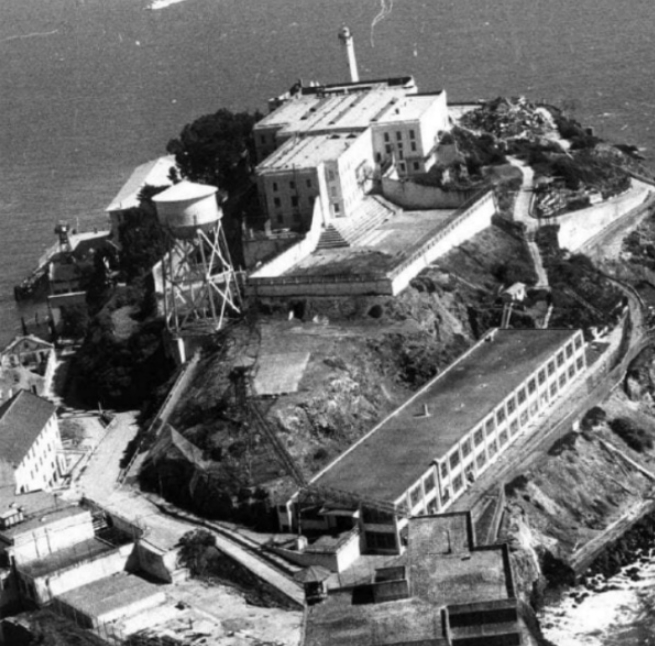
No Luck
The Gang
There were four men who were determined to get out of Alcatraz, despite hearing of the horror foiled escape attempts. These men were Allen West, Frank Lee Morris, and brothers John and Clarence Anglin. All of their cells were close to one-another which gave them the opportunity to work on a plan to escape from the prison.
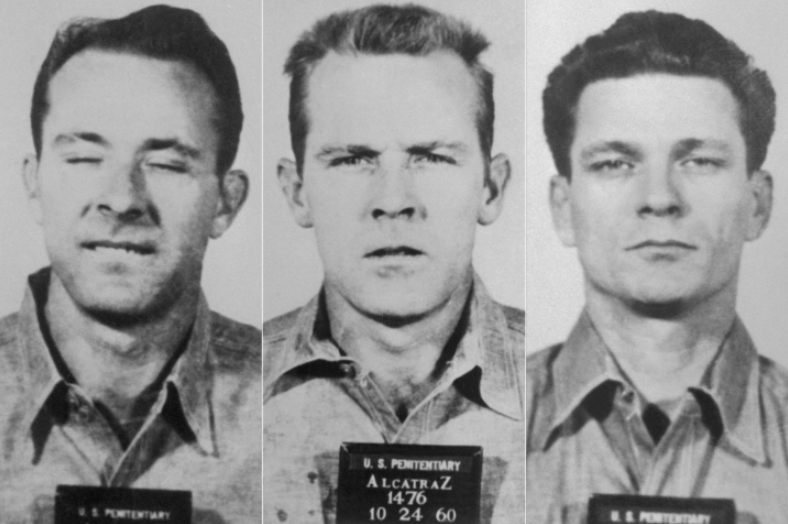
The Gang
Previous Encounters
The Anglin brothers and Frank Lee Morris had met each-other when they were imprisoned in Atlanta before coming to Alcatraz. Authorities were supposedly not aware of this fact and only found out during the aftermath’s investigation.
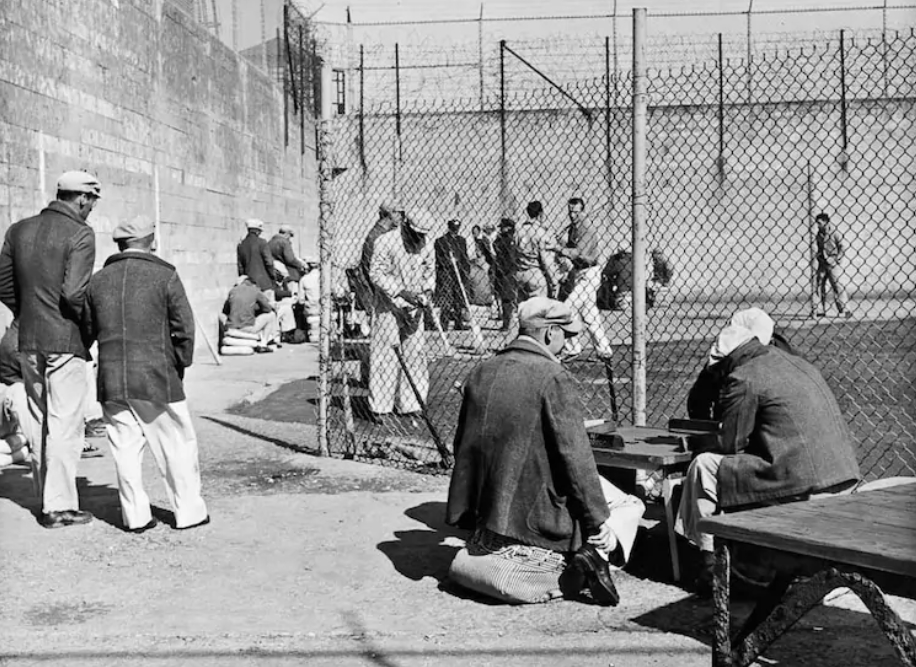
Previous Encounters
Frank Lee Morris
Morris was more than just an average prisoner on Alcatraz Island, he was a genius. Not just intelligent, he was also criminal mastermind who had successfully escaped from prison beforehand. His upbringing was far from easy as he was orphaned at 11, and convicted at the age of 13 for his first crime. Morris’ name was one that would soon be known as the leader of the Great Escape from Alcatraz.
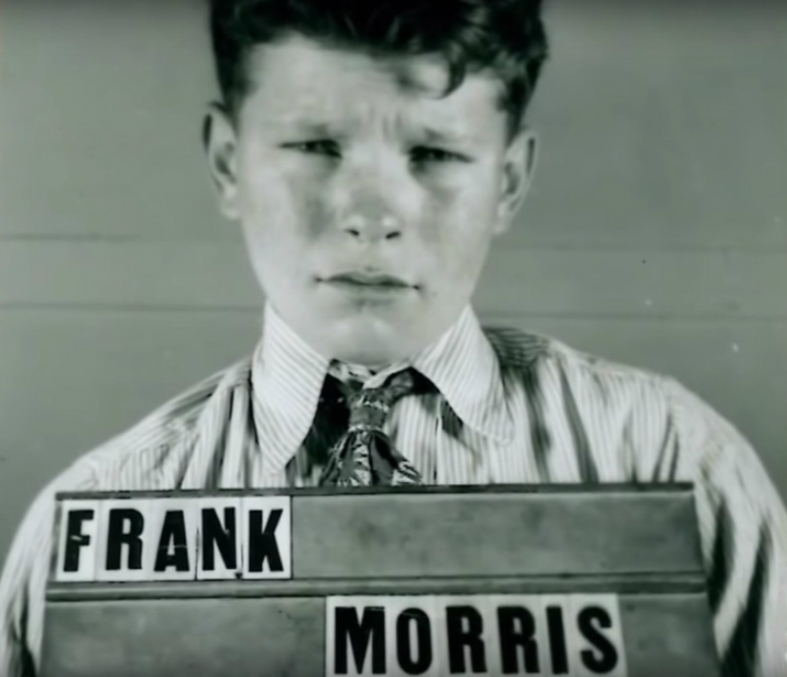
Frank Lee Morris
Escaped From Prison
Morris was no stranger to prisons and their conditions. After serving time in several different state prisons, he was moved to Louisiana State Penitentiary – the so-called “Alcatraz of the South”. The prison warden and guards had no idea who they were dealing with, but they soon found out. While serving a 10-year sentence for bank robbery, the mastermind escaped. After he was caught pulling off another crime while he was out, a judge sentenced him to time on Alcatraz Island.
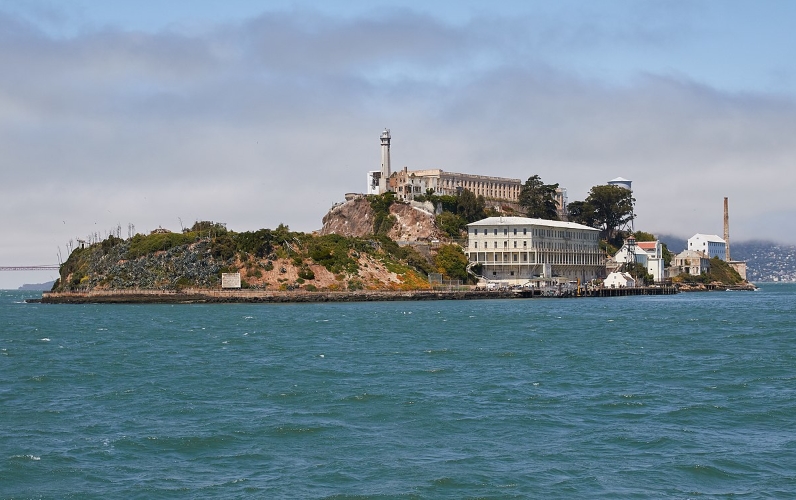
Escaped From Prison
The Anglin Brothers
John and Clarence Anglin were two of thirteen children born to two seasonal farm workers in Georgia. Their family moved a lot due to their parents’ work, and before they knew it they were living in Florida. As a tradition, each year in June, the whole family would travel to the north to do cherry picking. Unbelievably, this fun family tradition would actually come in handy with their escape from Alcatraz.
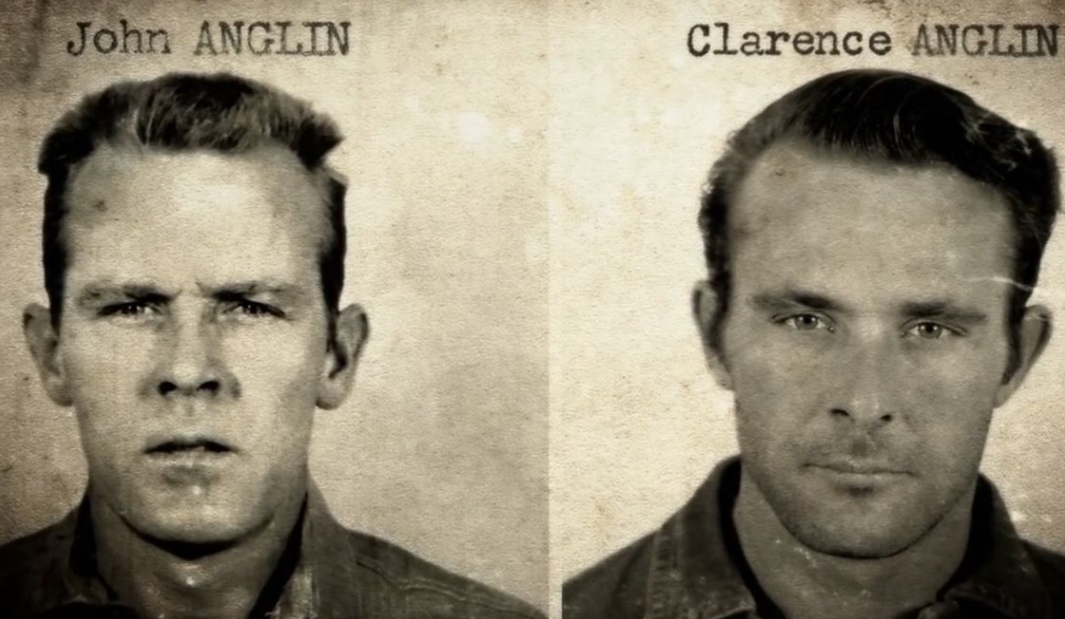
The Anglin Brothers
Their First Crimes
The Anglin brothers loved the trips that their family took to the north. Being very close siblings, they spent as much time together as possible, and one of their favorite activities was swimming in lakes together. All the swimming that they did together actually helped them become very skilled swimmers. Once the two of them became adults, they started to pull off some daring bank robberies. In 1956 the pair was caught, but that would not be the end of their crime run.
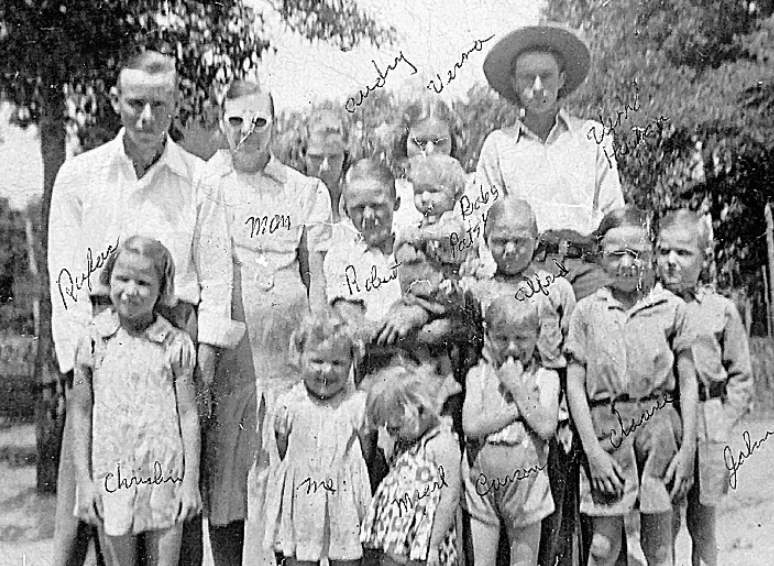
Their First Crimes
Failed Escapes
While the Anglin brothers served time at Atlanta Penitentiary, they attempted escape many times but never actually succeeded. If they couldn’t pull off an escape from Atlanta Penitentiary, officials were certain that they would never manage to do so from “The Rock”. There they met the other two members of the group that would become the infamous gang who executed the “Grand Escape from Alcatraz.”
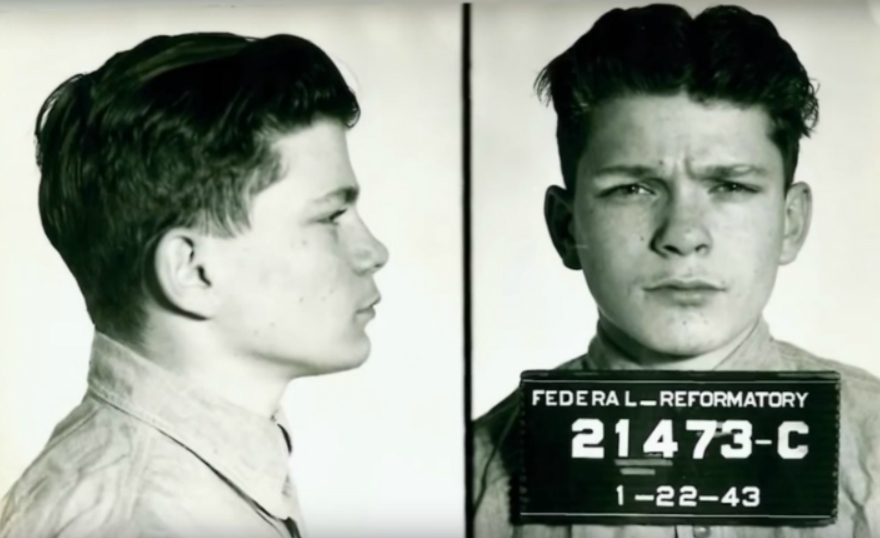
Failed Escapes
Low Profiles
Even though they were on the most heavily guarded prison in the country, the guards paid less attention to a bunch of bank robbers. On the island there were serial killers and murderers; a few bank robbers were seen as petty criminals in comparison.
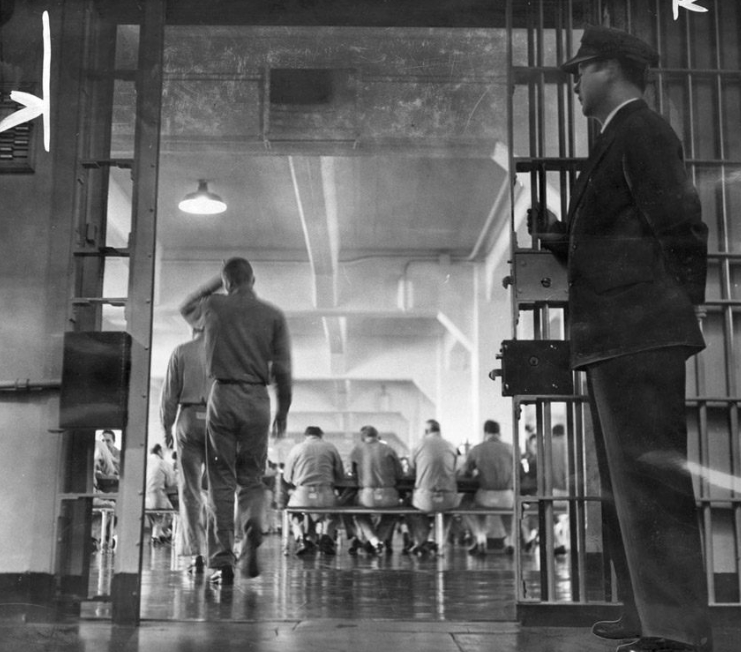
Low Profiles
Rich In Resources
They had another advantage, and that was that the prison was actually a prison too. Many inmates were employed to work there, manufacturing furniture, clothes and shoes, and even certain things for the U.S. military. The island might have been remote, but it had its resources.
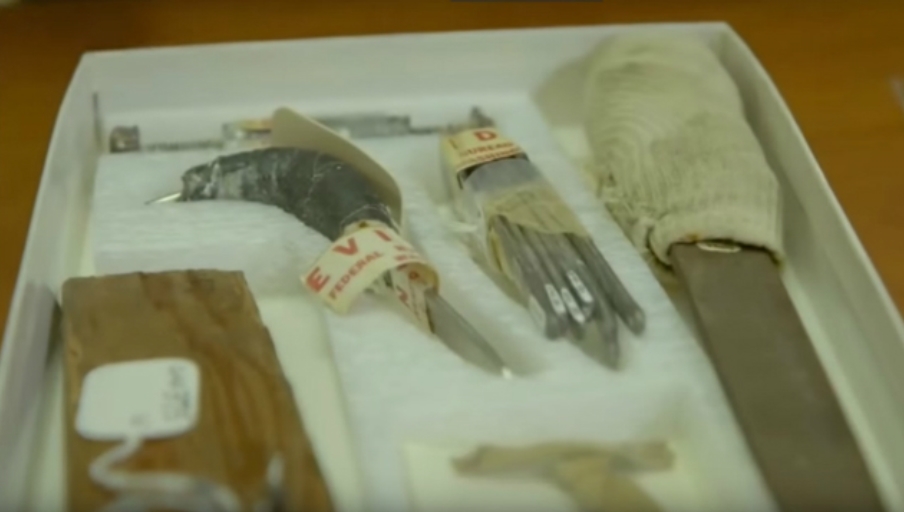
Rich In Resources
Dummies For Geniuses
The four men wanted their escape plan to be flawless, so they needed to be smart and think unconventionally. Their plan came to the idea of creating dummies that resembled actual people and leave them behind. They wanted prison guards to be on low alert and not suspect anything out of the ordinary.
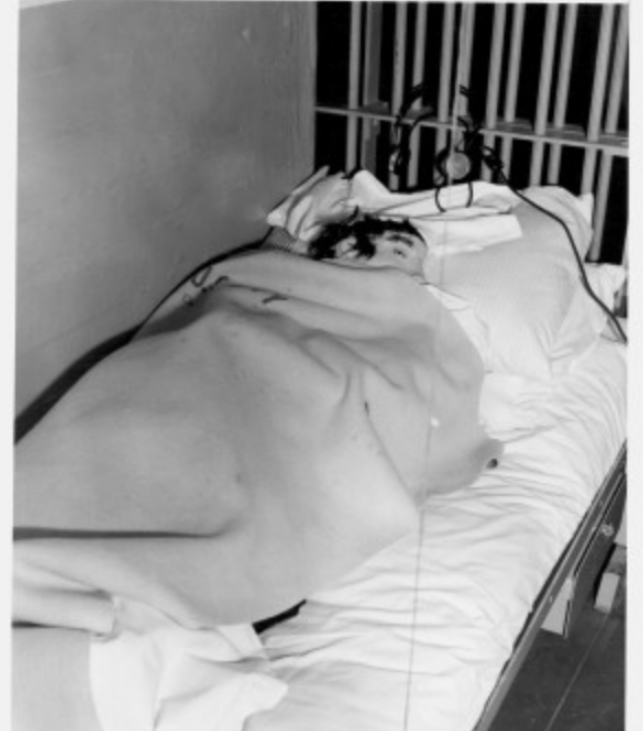
Dummies For Geniuses
The Risk Involved
If they were to get caught trying to escape the heavily guarded and remote prison, their punishment would be severe. Being caught escaping by the guards would mean a bullet to the head for them, without a question.
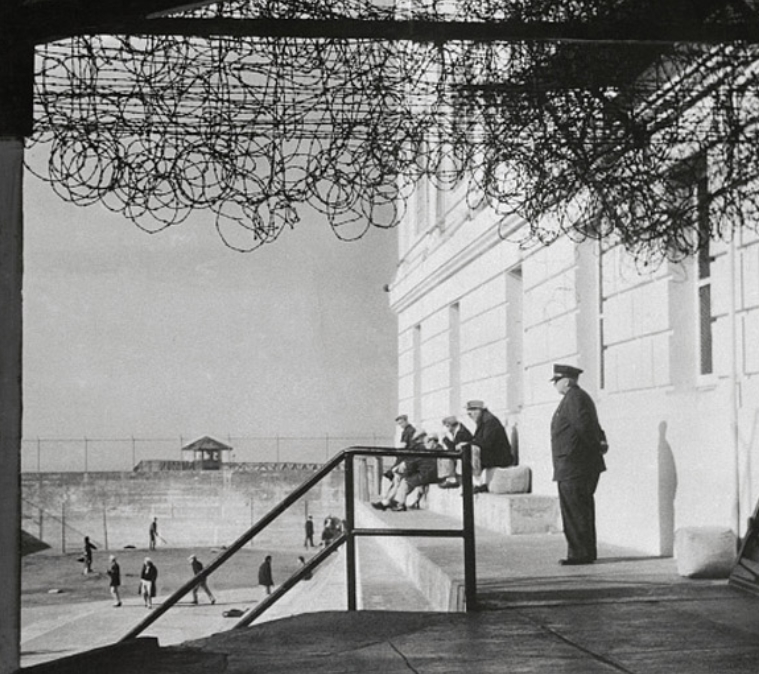
The Risk Involved
Responsibilities
There were many things that needed to be done, from picking up resources around the island to creating the equipment necessary for their escape. They made sure to divide these tasks between themselves.
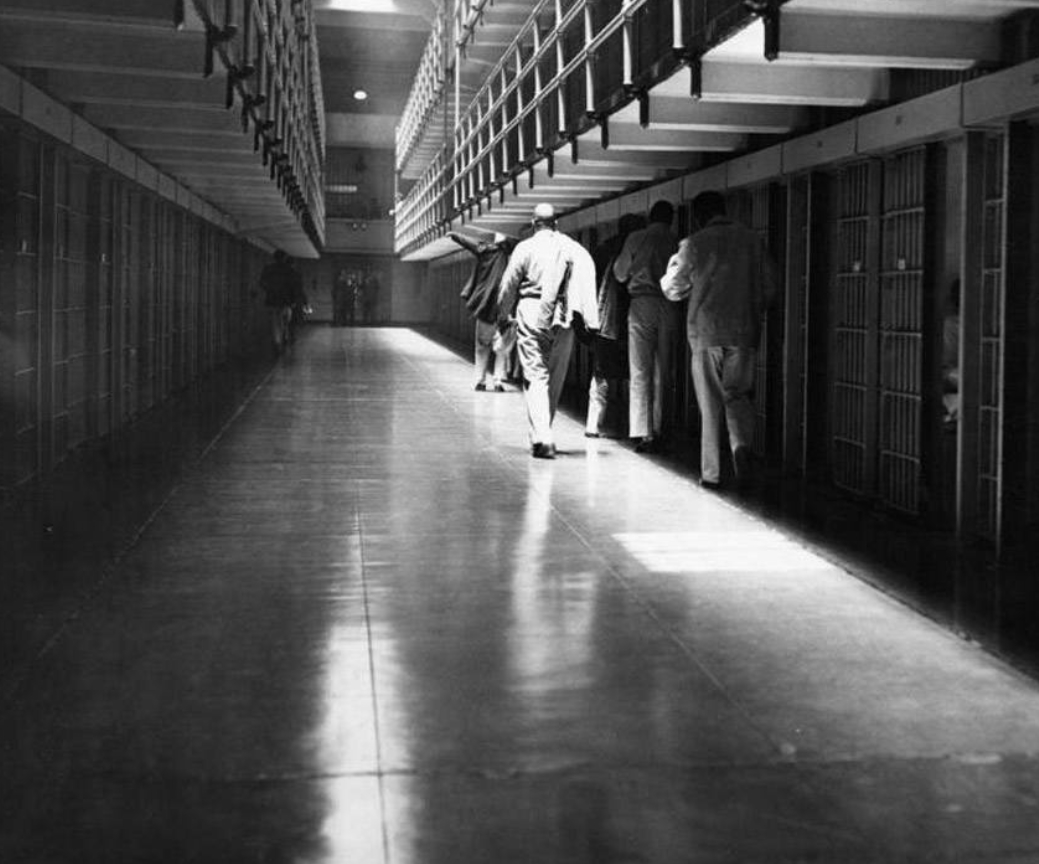
Responsibilities
The Heads
The Anglin brothers had to create dummy heads that could seem real for any guards passing their cells. They successfully did this with the use of soap wax, toilet paper, and real human hair that they snuck out of the barber shop on the island.
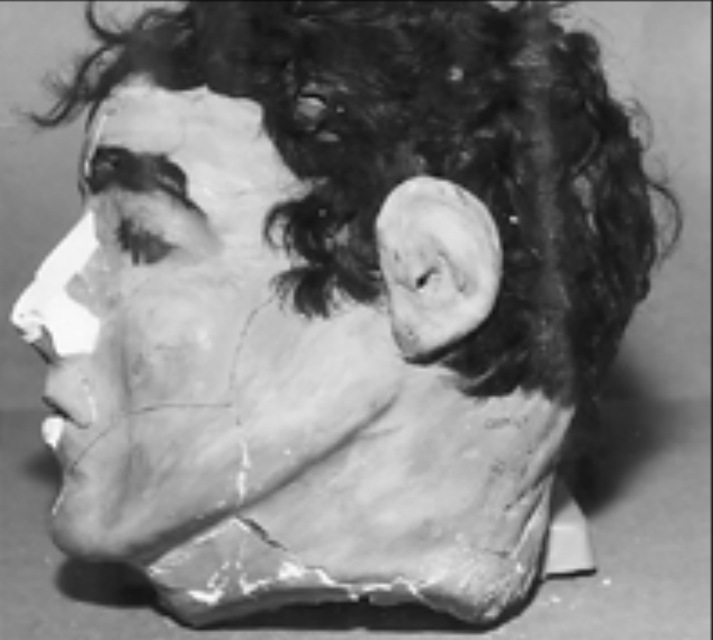
The Heads
Unusual Equipment
Morris had the job of creating a pump of sorts for the rafts and live vests that they intended on using to leave via the water. The raft idea actually came to him from reading an article about it Popular Mechanics magazine.
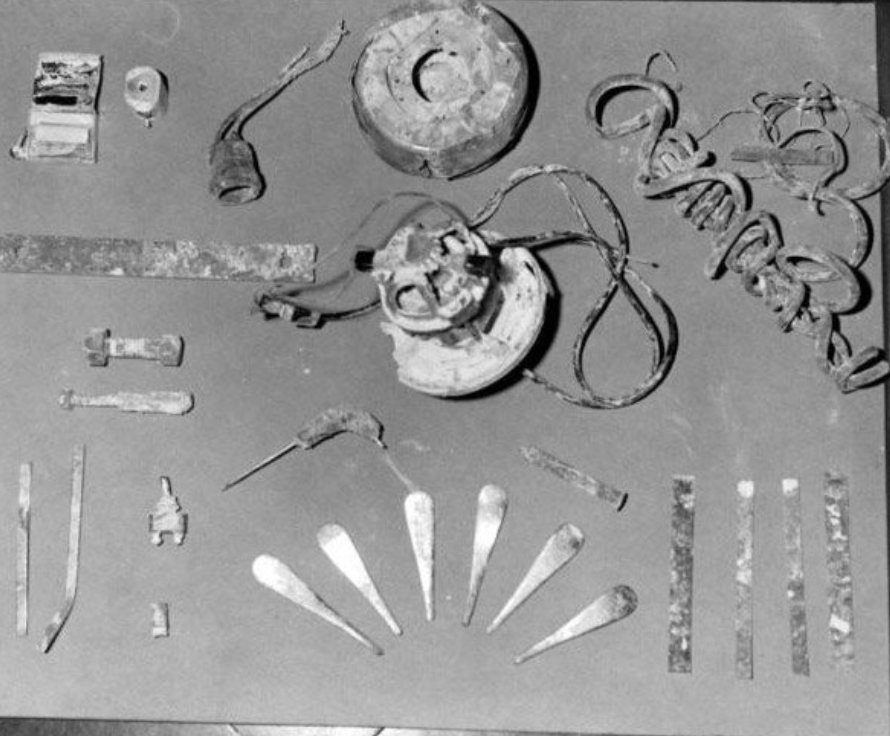
Unusual Equipment
Creating Tools
The gang obviously couldn’t get their hands on the tools that they needed, but they found genius ways to create the tools that they needed. By using cutlery from the cafeteria and wood from the workshop, they succeeded in creating picks and wrenches which they used to chisel through the walls everyday for a few hours in the evening.
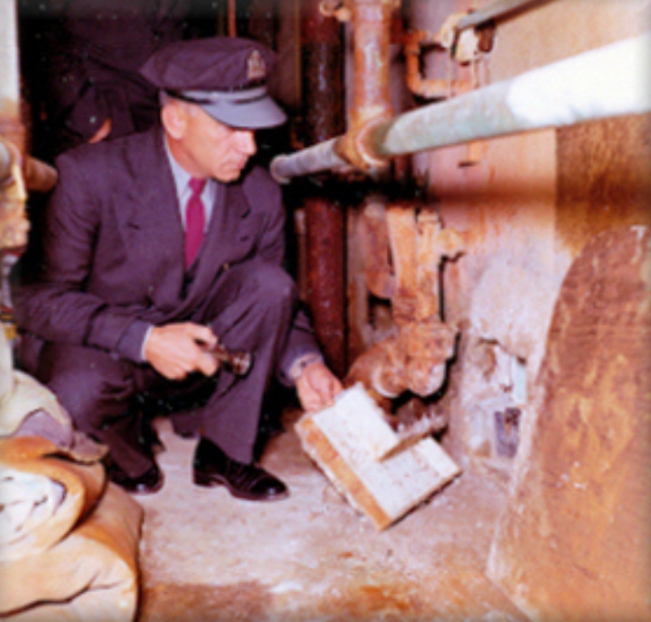
Creating Tools
The Air Vents
The team also managed to remove the air vents in their cells, giving them the opportunity to create holes big enough to squeeze through. And most surprising, they found used saws around the grounds of the camp and smuggled them into their cells.
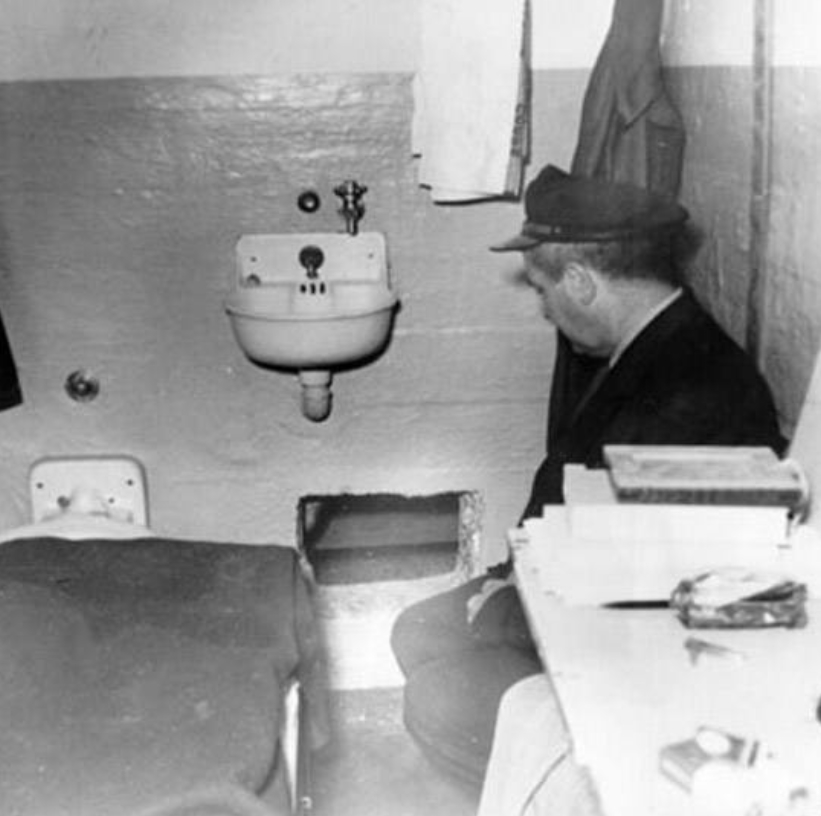
The Air Vents
Crumbling Structure
Luck was on the gang’s side – due to lack of maintenance and the constant influx of saltwater into the prison’s cracked pipes, the cement of the building was starting to crumble. This made it easier for them to chip their way through the prison’s walls.
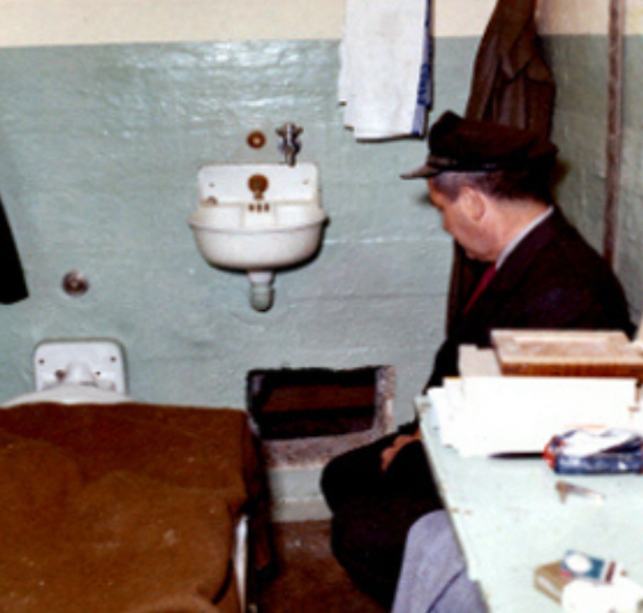
Crumbling Structure
Warm Showers
The prison made sure that the water used for showering and in all the taps was warm and not cold. The water was warmed before it flowed into the prison for one simple reason. The intention was to prevent inmates from becoming accustomed to the freezing cold water of San Francisco Bay – the water between the island and the mainland.

Warm Showers
Quiet Chipping
Anyone’s first suspicion would be that prison guards would definitely have heard the inmates chipping away at the walls. But once again luck was on their side because during the 1960’s, inmates received an hour to listen to music which meant that the prison was far too noisy for anyone to hear anything but a cacophony.
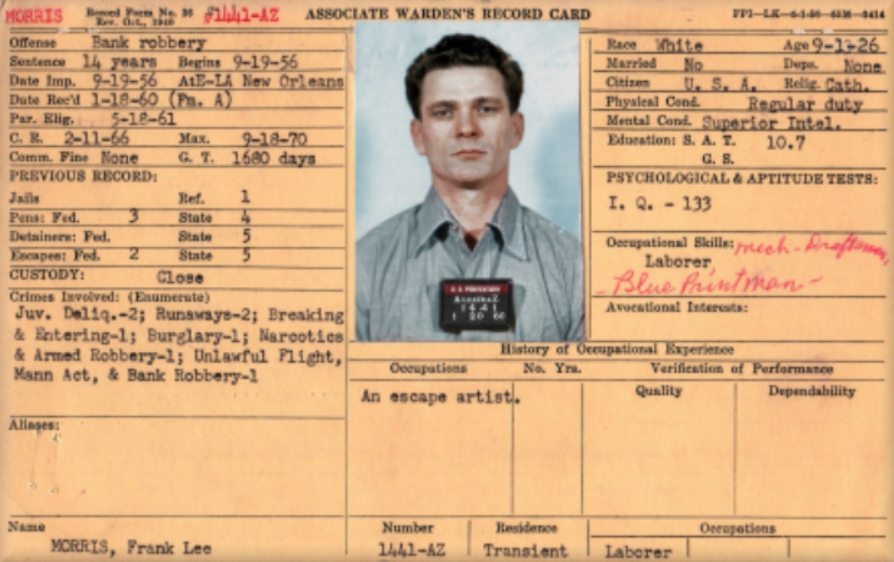
Quiet Chipping
Behind The Scenes
Morris himself had an accordion and he would play it as loudly as possible in order to cover up the sound of his fellow inmates working. The area that they were chipping towards actually took them to a utility corridor which had no guards present, and at the end of it were pipes running both up and down.
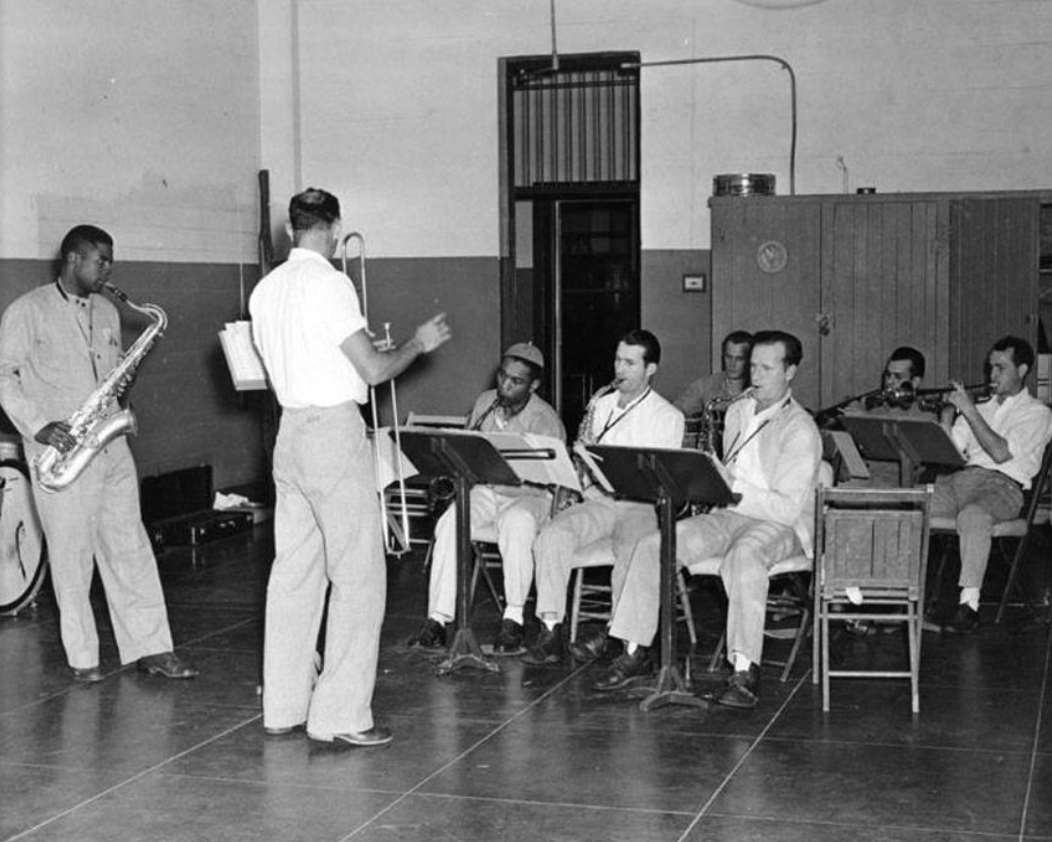
Behind The Scenes
A Tricky Climb
The corridor was somewhat of a maze with pipes running in all directions. If they succeeded to break through, they would be able to climb up to the roof which was about three floors above them. It was a tricky game for them and part of that game would be finding a shaft that wasn’t cemented shut like many of them were.
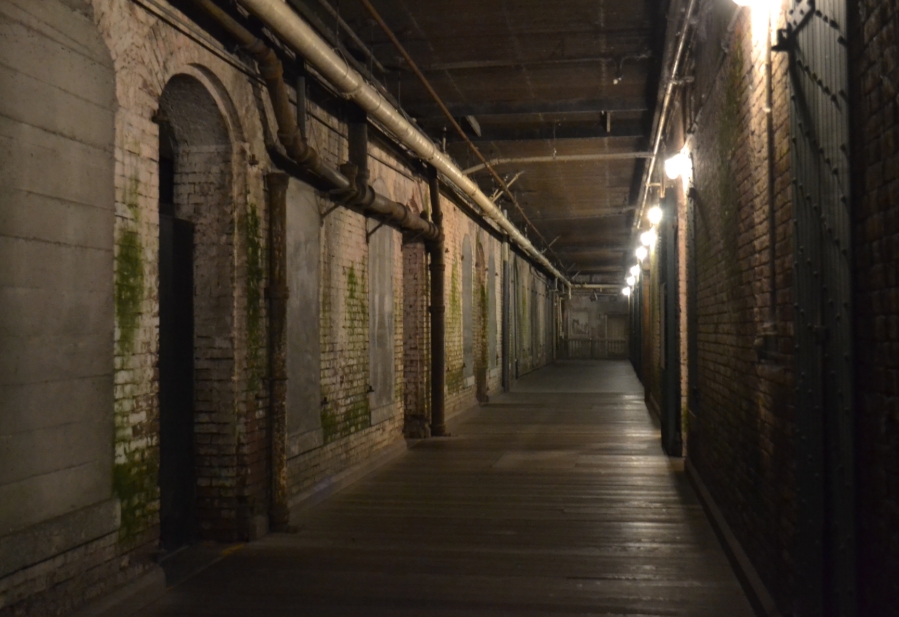
A Tricky Climb
The Workshop
It was in this corridor that the group of men set up a workshop to create their fake heads. When authorities found the workshop they were dumbfounded by the fact that they were able to keep it a secret.
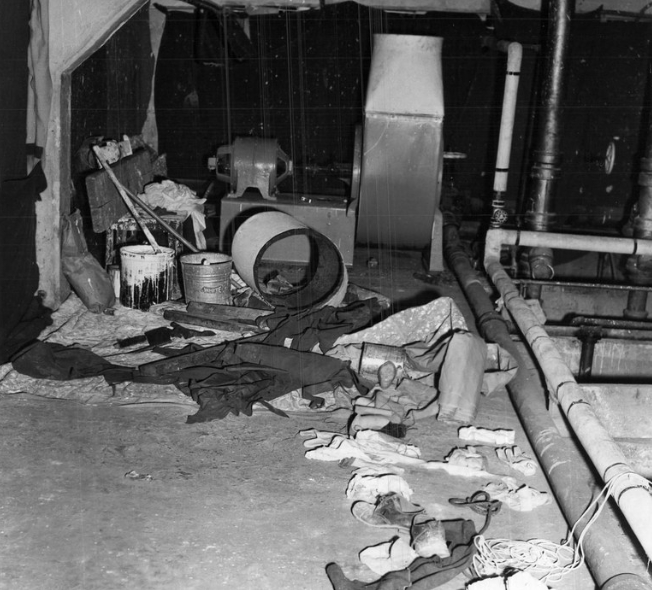
The Workshop
A Special Raft
In May of 1962, the group had managed to break holes in their cells’ walls that would be just big enough to squeeze their bodies through. They had also successfully created a raft and life vests. The raft truly was a work of art, created by gluing more than 50 raincoats together, it was going to be their only chance of making it out of Alcatraz alive.
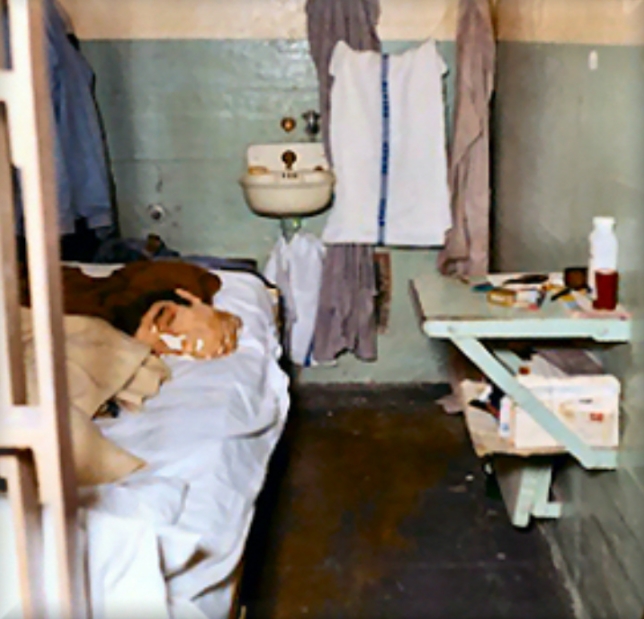
A Special Raft
One Last Hole
Allen West was the last of the four to complete his hole, but eventually he was ready to escape with everyone. It was June 11th, 1962, and the four men were all ready to make their daring escape. All they needed was the signal and it would be a go. But then something happened, and the whole plan was suddenly in jeopardy.

One Last Hole
Adrenaline High
Lights out came, and the men fought to keep their nerves calm as they were about to attempt the most dangerous prison escape in history. Risking their lives to escape from Alcatraz was enough for them to push through their fears and go ahead with their escape plan. The darkness provided enough cover for them to put their decoys into their beds.
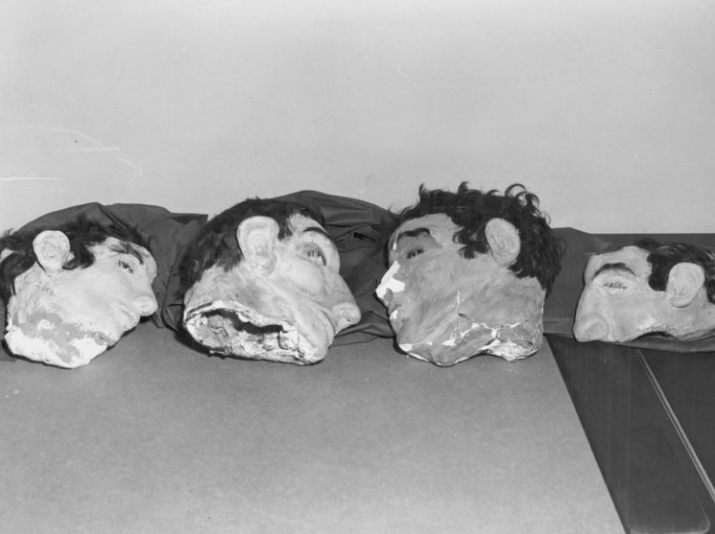
Adrenaline High
Fake Bodies
But it wasn’t just the fake heads that they created which went into the bed. They bundled up clothing and other objects that they had, and stuffed them under their blankets. If anyone was to walk past in the middle of the night, they would see what appeared to be a body under the covers with a head on the pillow.
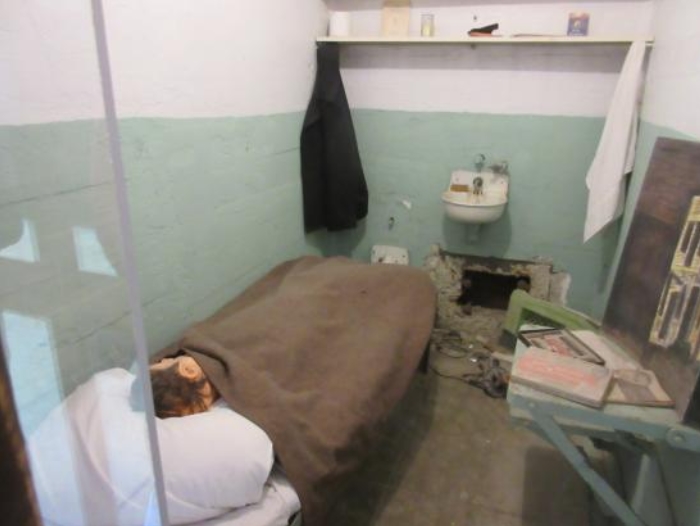
Fake Bodies
An Unexpected Struggle
The signal was given and all the men started to carefully push themselves out of the holes that they had made. But there was a hiccup, while the three of the men managed to slide themselves onto the other side of the wall, one man could not.
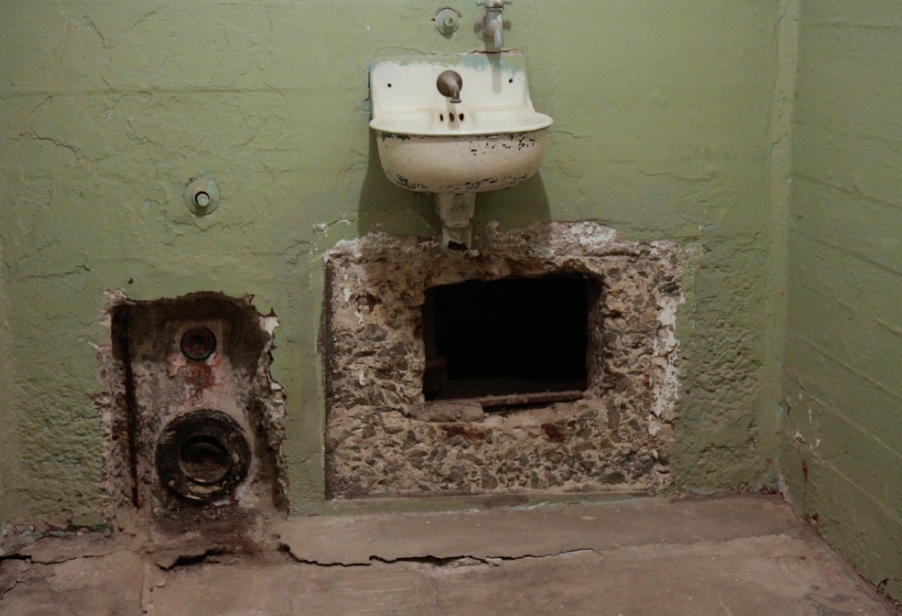
An Unexpected Struggle
Worst Nightmare
Allen West suddenly realized that he had misjudged the size of the hole and he could not get out. Morris tried to help him from the other side, but to no avail. Eventually Morris was growing tired and he asked West to hand him a glass of water, he needed to retain his strength for the escape. West would have to stay.
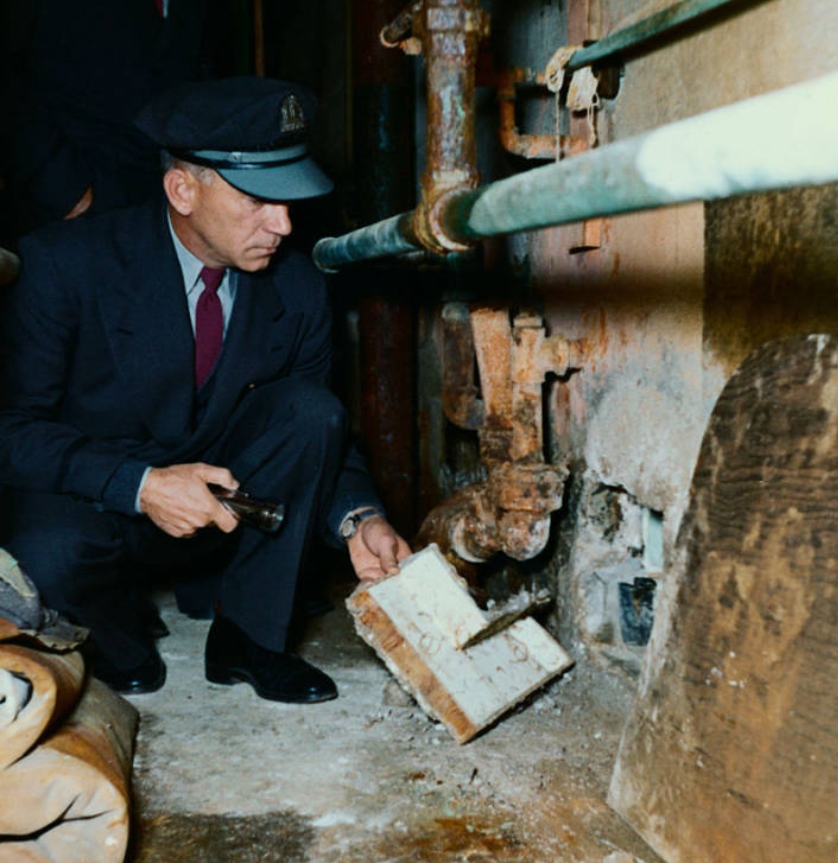
Worst Nightmare
Leaving A Man Behind
the unanimous decision was to abandon West, and continue with just the three remaining men. It was by no means an easy decision to make, but it was necessary. They all understood that attempting to free West would just cause more noise, putting them all into potential danger.
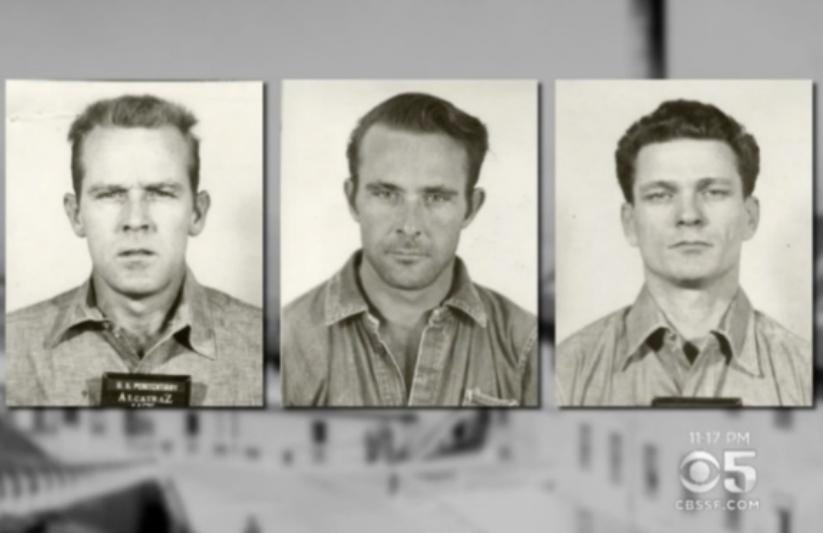
Leaving A Man Behind
The Little Things
They then parted from him at about 9:30 pm, climbing the plumbing pipes for more than 30 feet in the utility corridor. Having one man less would mean that the raft would be a little bit lighter and somewhat safer.
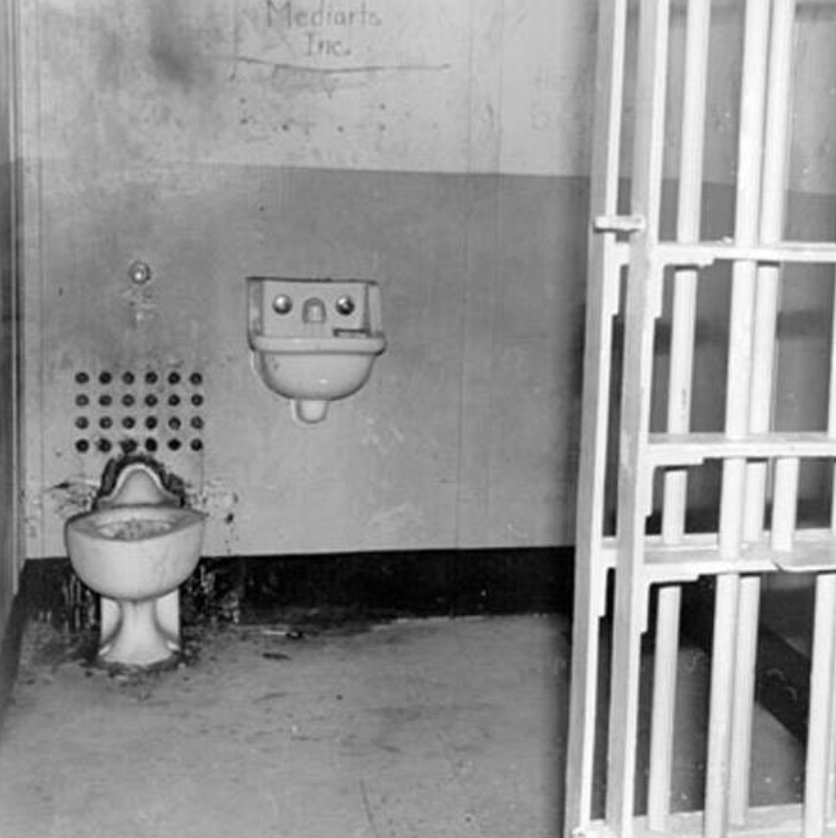
The Little Things
Running On Adrenaline
The group of three men eventually reached the roof. From there they moved across more than 100 feet and carefully made their descent down approximately 50 feet of piping that ran down the outside of the building. When they touched down near the shower area on the ground, they had to carefully sneak past the guards there. They needed to quickly inflate their raft and life jackets.

Running On Adrenaline
Leaving “The Rock”
At around 11:30 pm, the three men hopped onto their raft made from raincoats and left Alcatraz. That would be the last time anyone ever heard from or saw John and Clarence Anglin, and Frank Lee Morris. The next morning was filled with panic and confusion when the prison’s inmates were woken by the sound of wailing sirens. Unsure of what had happened, the inmates couldn’t imagine that anyone would have attempted to break out of Alcatraz – it was impossible.
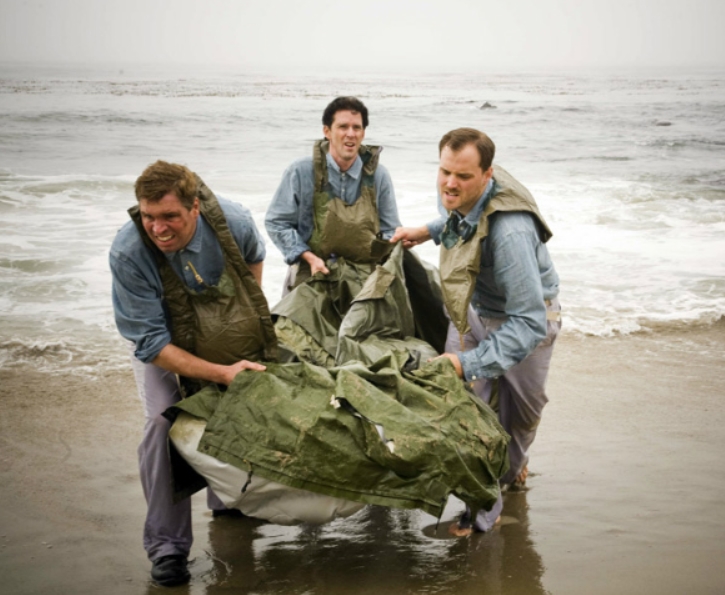
Leaving “The Rock”
Too Little Too Late
While the three escapees were heading out, Allen West was still trying to get out of his cell. Unbelievably, he actually managed to make it out and without attracting any attention. Frantically he chased after his fellow inmates and followed the route that they had planned to take together. When he eventually made it onto the roof, he saw that the others had already gone. He was torn between two options – he could try swim after them, which could end in his death, or he could return to his cell.
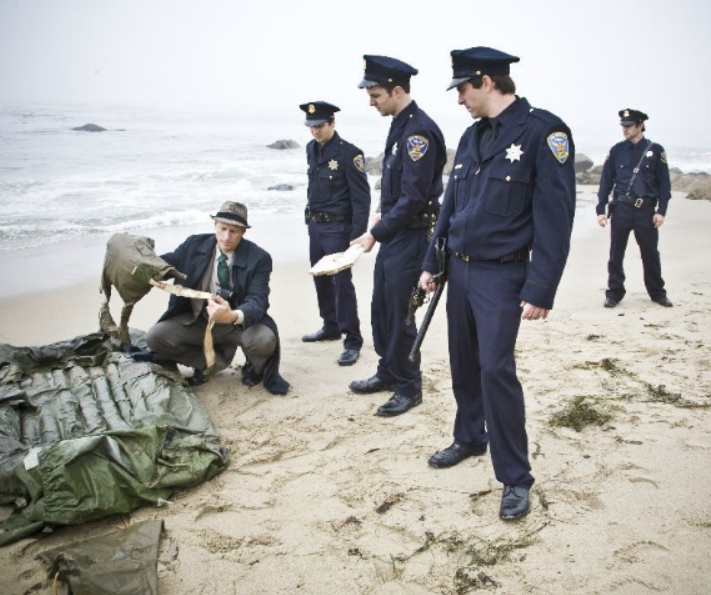
Too Little Too Late
A Life-Changing Decision
It was a difficult decision to make, but West convinced himself that it would be safer for him to go back to his cell. He couldn’t sleep the whole night, and when morning eventually came and the sirens dramatically sounded, West didn’t resist telling the authorities what he knew. The details of their escape plan according to West was that they wanted to get to Angel Island where they would steal a car, clothing and then go their separate ways. But was he telling the truth?

A Life-Changing Decision
No Evidence
Something just didn’t add up for police. They waited for an entire 12 days for a report of a stolen car, but no such report came up. The investigating team thought then that they might not have survived the escape. West went on to tell the authorities that he was the one who planned the whole thing – he was the mastermind. The FBI then came onto the scene to broaden the investigation.
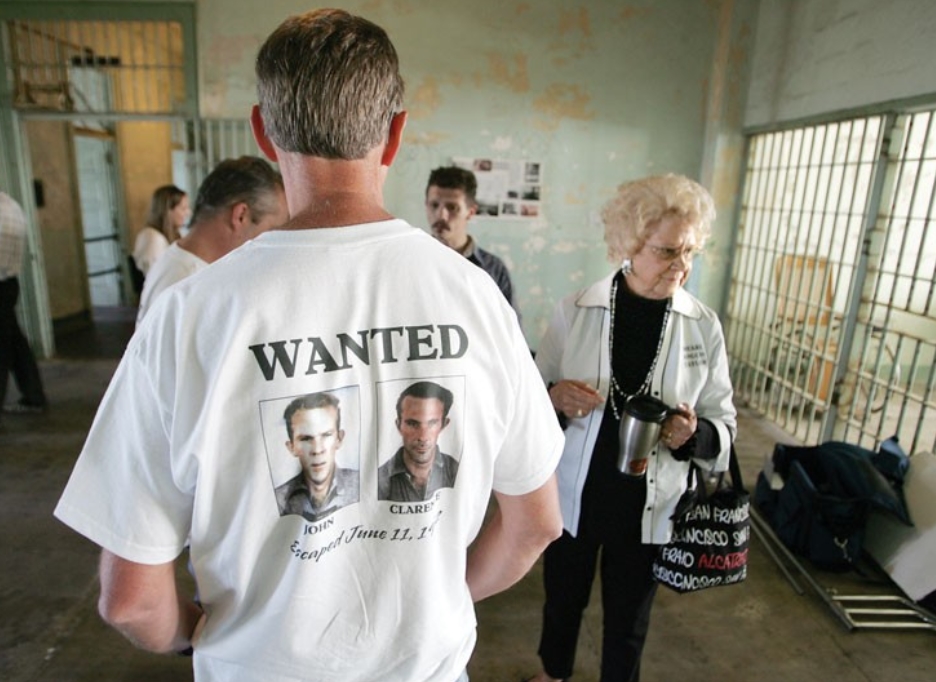
No Evidence
Drawing Conclusions
Extensive searches stretched for many days. A team working in the bay found some scattered personal belongings, but no bodies. When they checked how cold the water was on the night of the escape, the temperature was between 50 to 54 degrees. Experts said that it would take all of 20 minutes for an adult’s body to stop functioning in such cold temperatures. Since the men had no acclimatization to such cold temperatures, they surely would not have been able to last for longer than that in the water.
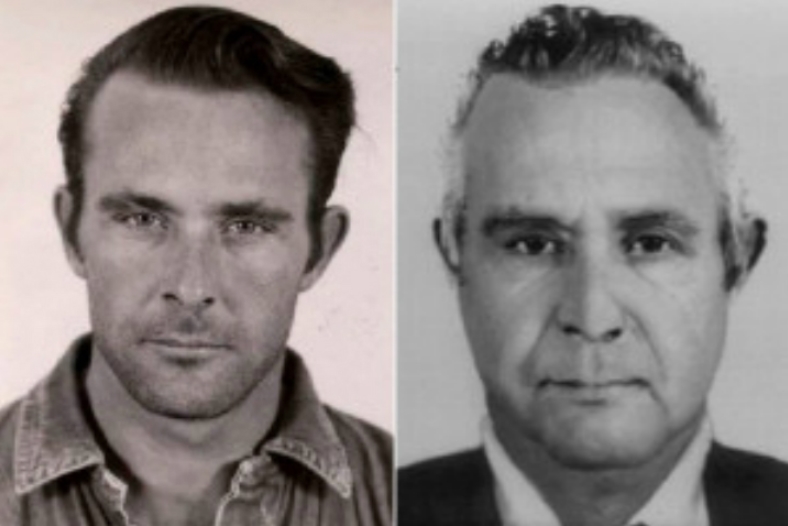
Drawing Conclusions
A Spotting
A month had passed since the notorious escape when a Norwegian freighter called in a sighting of a dead body. This happened 17 miles away from the Golden Gate Bridge, and the body had clothing similar to those of Alcatraz inmates. By the time the investigation was underway, the body had disappeared and the investigation hit a wall again.
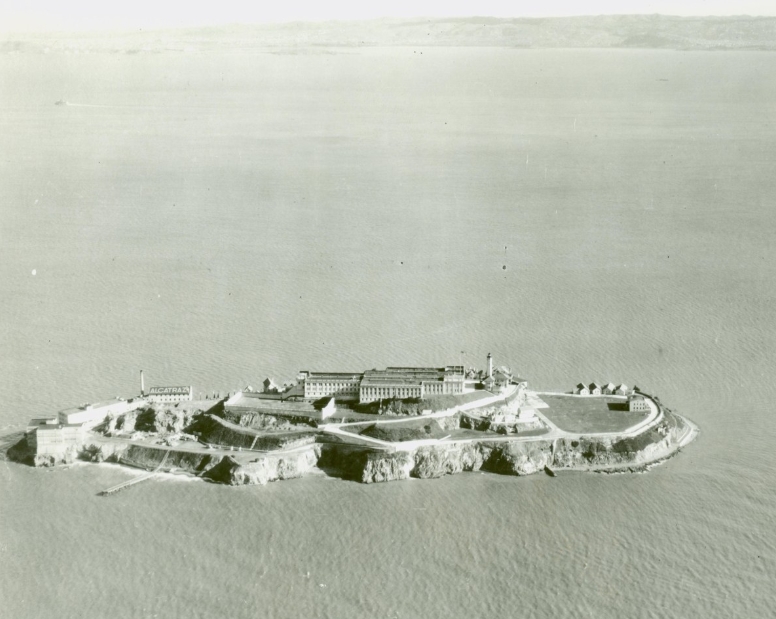
A Spotting
Case Closed
On December 31st, 1979, the FBI concluded that the three inmates must have drowned in San Francisco Bay. It was 17 years after the escape, and the FBI closed the case. But the U.S. Marshals refused to close the case, claiming that they would keep it open until answers came up.
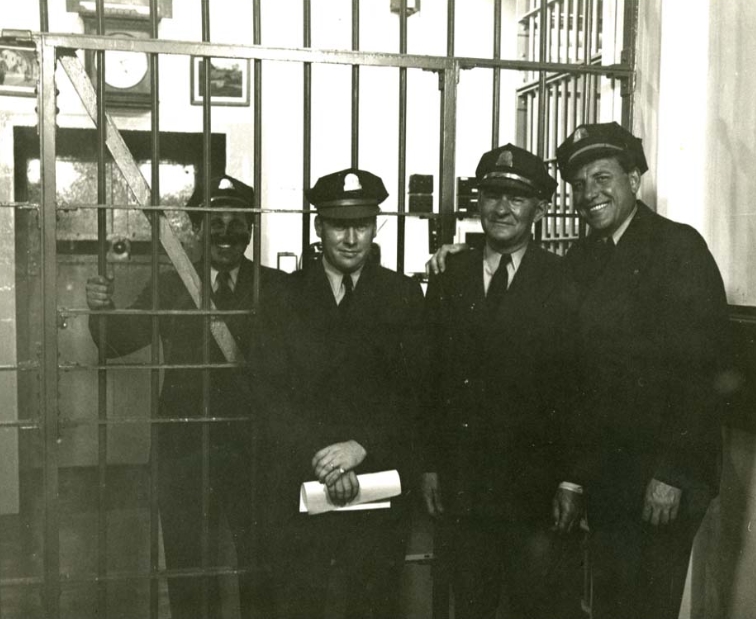
Case Closed
Who Is Bud Morris?
Out of nowhere in 2011, came a man by the name of Bud Morris. He claimed to be the cousin of Frank Morris and he had a lot to tell authorities. Bud’s story was that he sent money to guards at Alcatraz on eight or nine occasions, as bribes most presume.
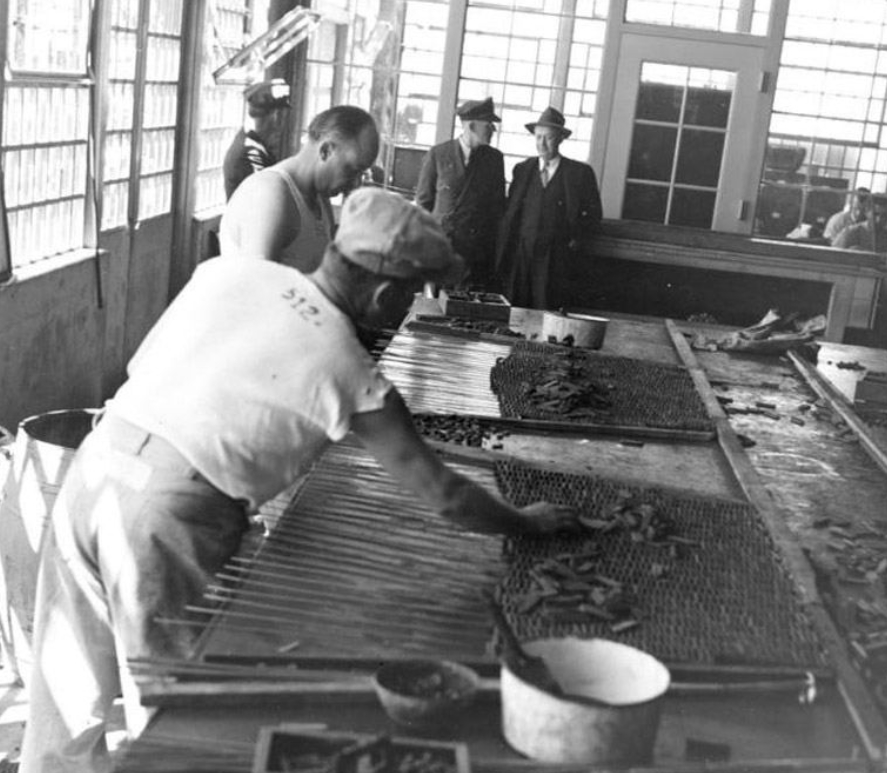
Who Is Bud Morris
Meeting After The Escape
His detailed story didn’t just stop at bribery. He claims that shortly after Frank had escaped from Alcatraz, the two of them had met in a park in San Diego. What’s more chilling is that Bud’s daughter, who was all of eight or nine years old, claimed to have remembered this specific meeting with a friend of her dad’s, Frank.
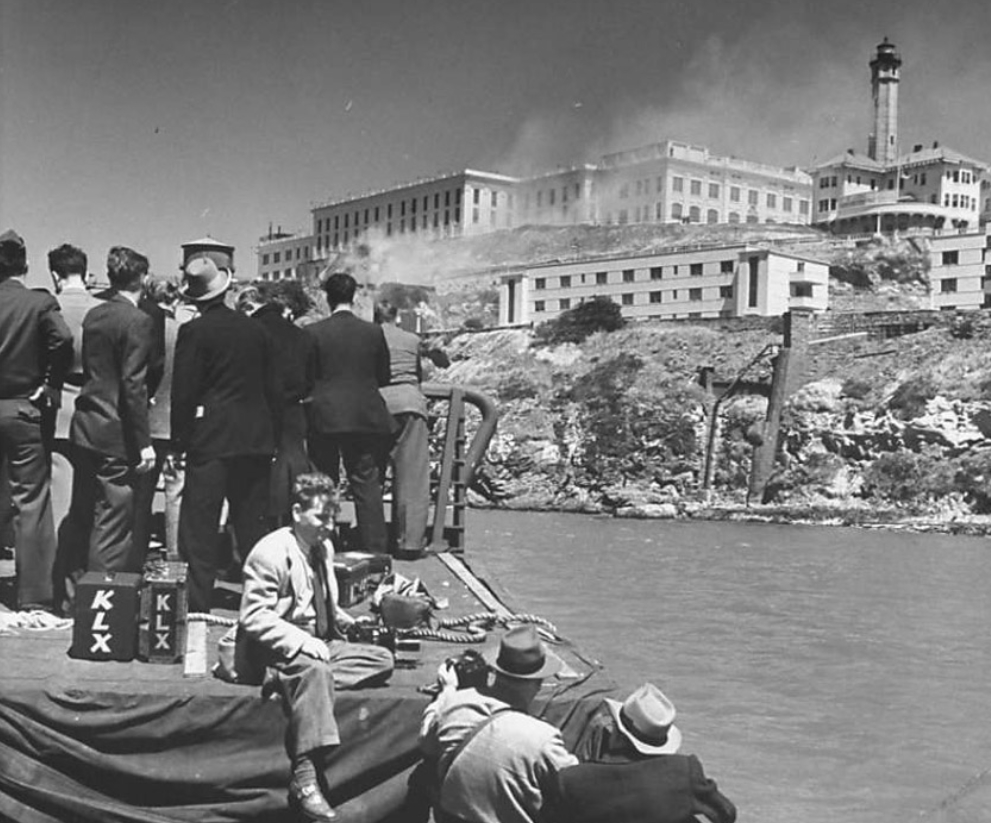
Meeting After The Escape
Strange Evidence
In 2015, the History Channel documented some eerie evidence of the inmates’ successful escape. The two most prominent examples came from their family. The first was a Christmas card for their mother which the Anglin brothers signed themselves. The second piece was a photograph of the pair in Brazil in 1975. When forensic experts scrutinized the two pieces, they concluded that it was most likely the Anglin brothers.

Strange Evidence
Family Business
On the deathbed of Robert Anglin, one of their brothers, he admitted to being in touch with his two brothers between 1963 and 1987. He did say that he lost contact with them, but that they would communicate.
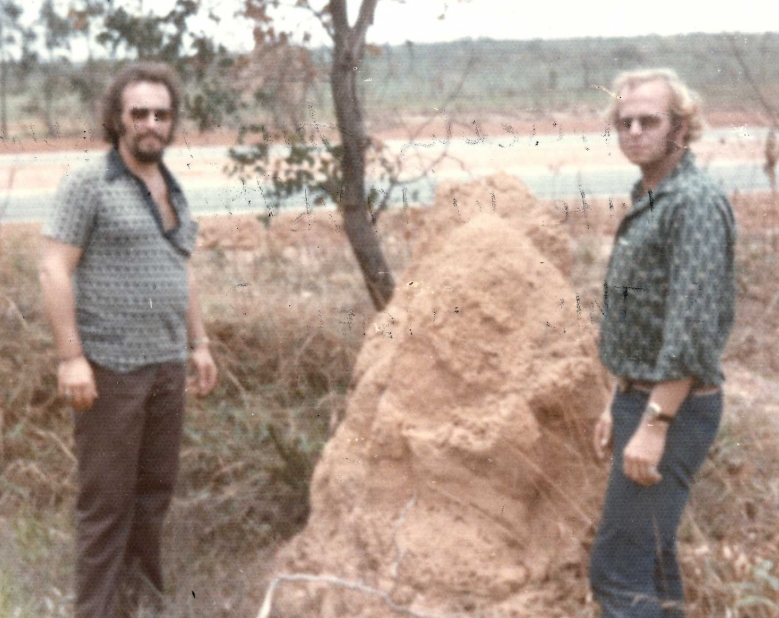
Family Business
Not Worth The Chase
To this day, Interpol still calls this case an open investigation. If the Anglin siblings were to search for their brothers in Brazil, they could easily be arrested by Brazilian authorities.
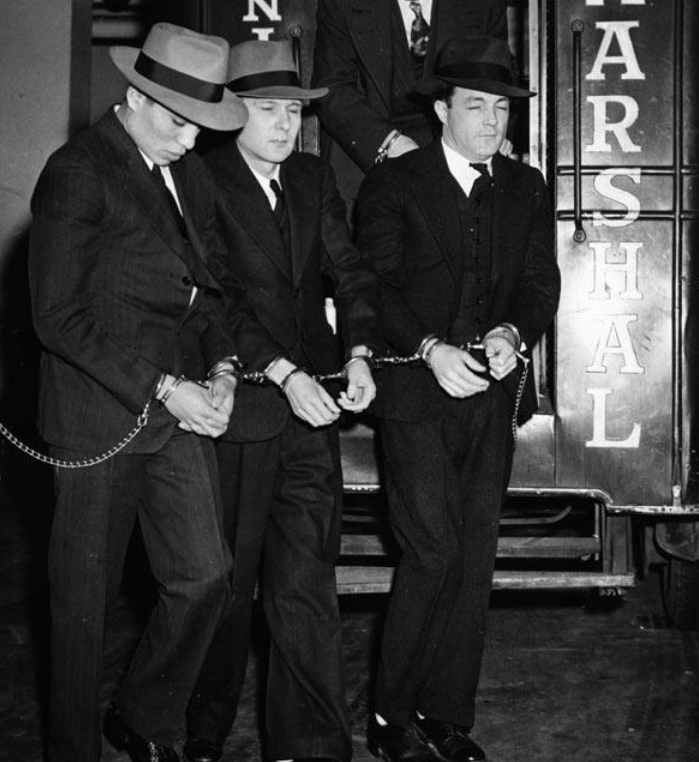
Not Worth The Chase
Their Fate
The letter that arrived in 2013 wasn’t entirely legible, but it had eye-opening information. The letter also read, “Yes we all made it that night but barely! I’m 83 years old and in bad shape. I have cancer. Frank passed away in October 2008. His grave is in Argentina under another name,” it continued, “My brother died in 2011. This is the real and honest truth. I could tell you that for seven years of living in Minot, North Dakota and a year in Fargo, North Dakota until 2003.” After experts took a closer look at the letter, they found something that blew their minds.
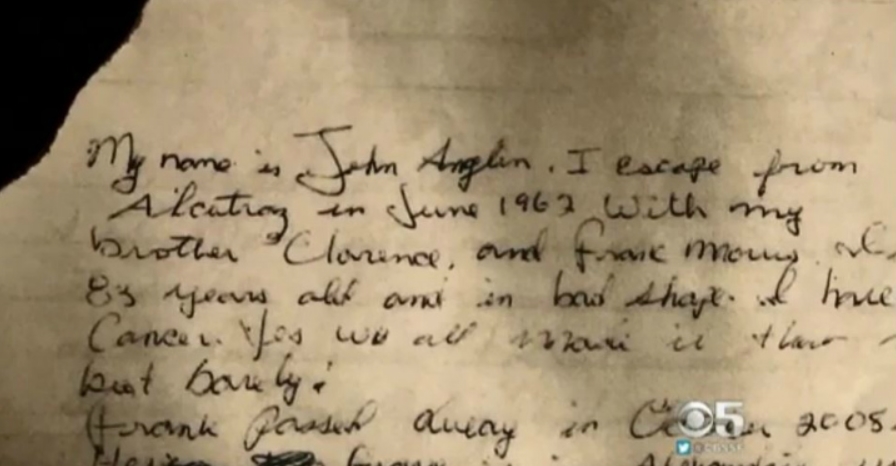
Their Fate
Under Their Noses
It was the end of the letter that took everyone by surprise. John Anglin, if it was him, wrote that he was, “Living in Southern California now.” There were skeptics who claimed that a criminal who had escaped would not do such a thing – live so close to the site of his escape. But there were others who were convinced that it was a call for help as he was old and fragile then. But there was something more; there was a strange negotiation deal proposed at the end of the letter.
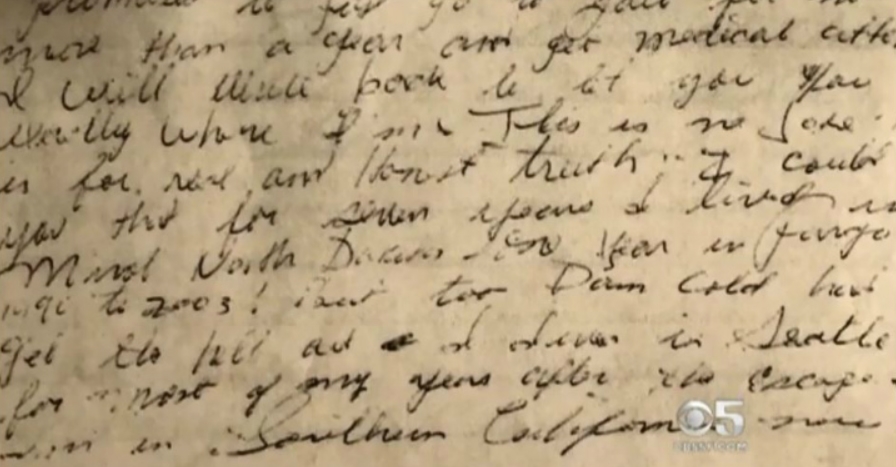
Under Their Noses
A Strange Deal
At the end of the letter, he wrote, “If you announce on TV that I will be promised to first go to jail for no more than a year and get medical attention, I will write back to let you know exactly where I am. This is no joke…” Nobody knew where to go with this bizarre letter and its claims, so further investigation had to be done.
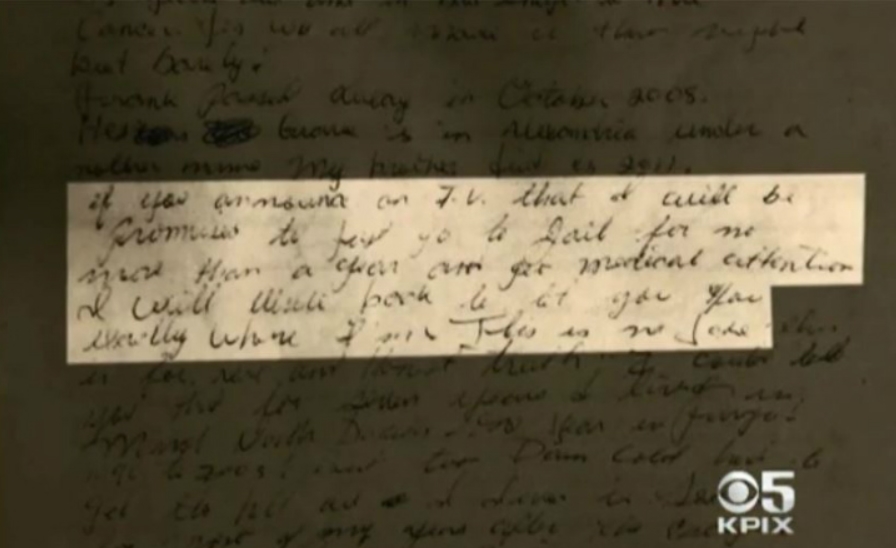
A Strange Deal
True Or False?
Officials sent the letter to an FBI lab for close examination. They checked for DNA traces on the letter, they checked for fingerprints, and they even brought in handwriting analysis experts. When the results of the examination came back, everyone was dying to hear the conclusion, but they would be disappointed. The FBI said that the results were inconclusive. No answer had been given to the impatient public.
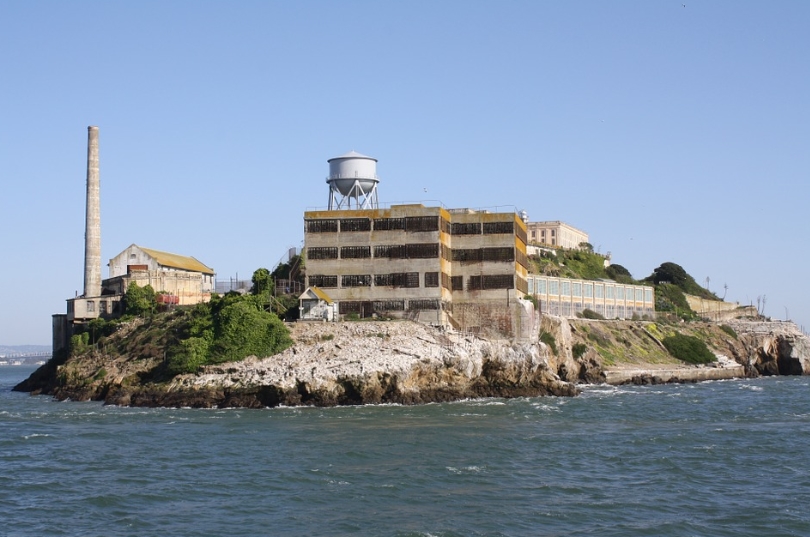
True Or False?
Death Or 99
Since the great escape, the U.S. Marshals Service has believed that it’s possible all three men survived. After the letter came out to the public in 2018, the spokesperson for the USMS said that they were under the impression that the letter was not legitimate. But they released a statement that said, “the Marshals Service has continued to investigate leads and said it will do so until the men are proven deceased, or until they turn 99.” On the contrary, when the FBI stopped their investigation, they said, “For the 17 years we worked on the case, no credible evidence emerged to suggest the men were still alive, either in the U.S. or overseas.”
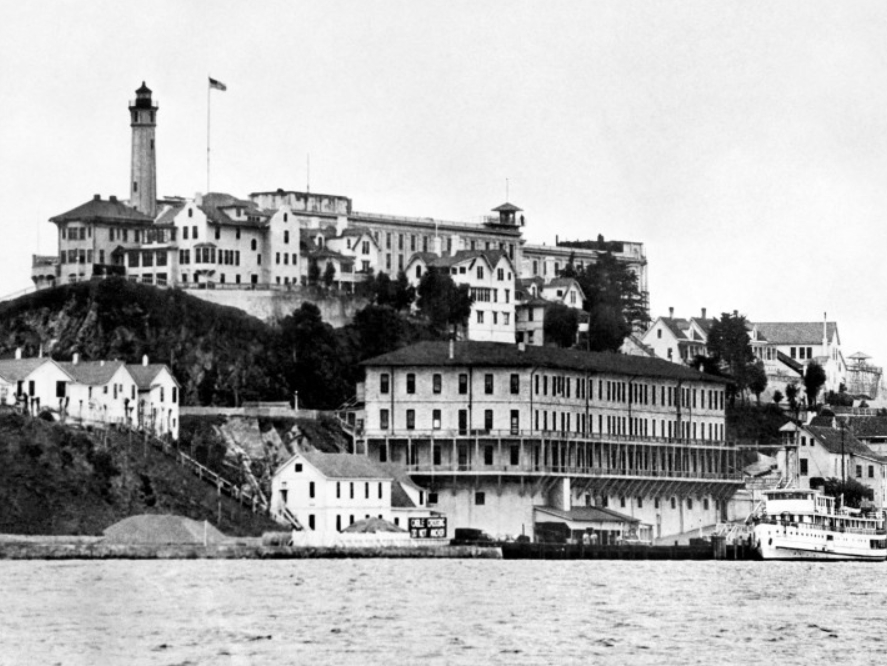
Death Or 99
Contrary To The FBI
It was KPIX, a local station in San Francisco that published the letter and they couldn’t tell where it came from. The U.S. Marshals then responded by saying, “There is absolutely no reason to believe that any of them would have changed their lifestyle and become completely law-abiding citizens after this escape.” Considering that it was the Marshals who left the case open, unlike their FBI counterparts, a lot can be trusted from their statements. We must wonder if we’ll ever get to the bottom of this.
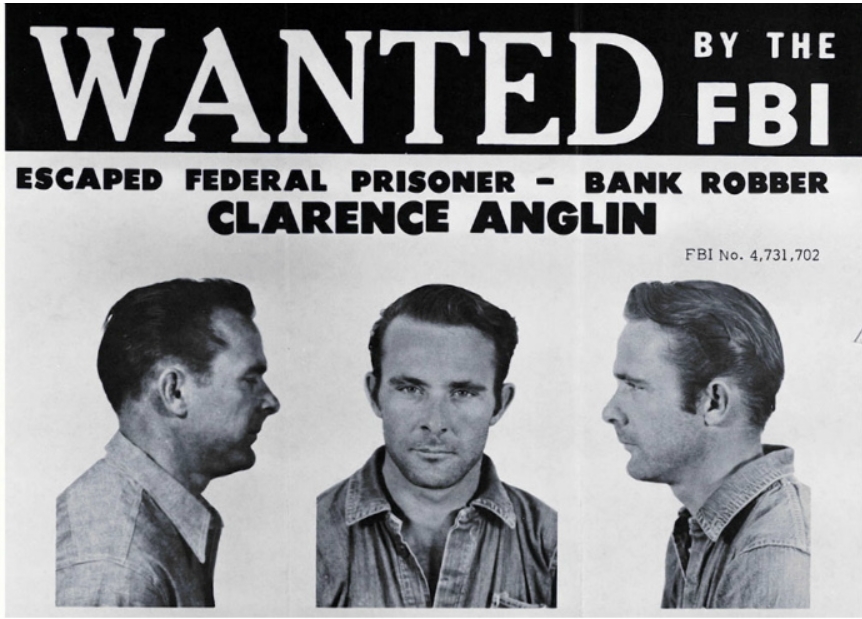
Contrary To The FBI
A Greater Chance
After the letter came to the surface, a group of researchers conducted a test of the water currents at the supposed time the inmates left. The 2014 test showed that with the direction and intensity of the currents, it would have been possible to get away safely. In 2009, the Deputy US Marshal told NPR, “There’s an active warrant, and the Marshals Service doesn’t give up looking for people.”
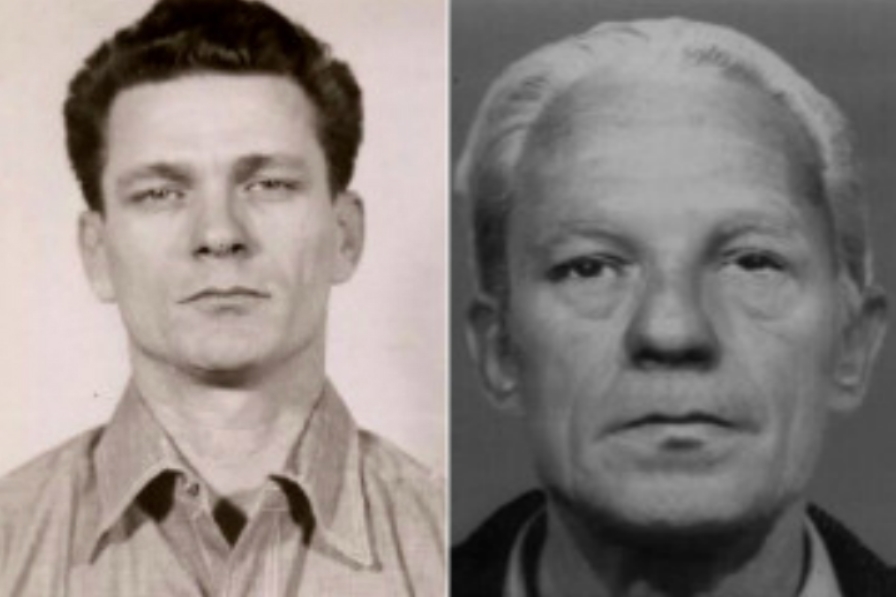
A Greater Chance
The Last Guard
There was one man who many thought might be able to shed light on the story. That man was Jim Albright, who was the last guard to leave Alcatraz Island when the prison closed down. He went back to visit on the 55th anniversary of the prison’s closing, and he believed that the men drowned. He said, “It depends on whether you’re talking to me or you’re talking to their mother. I believe they drowned, I really do.” If you ask him, the letter from John Anglin is just from someone trying to get cancer treatment.
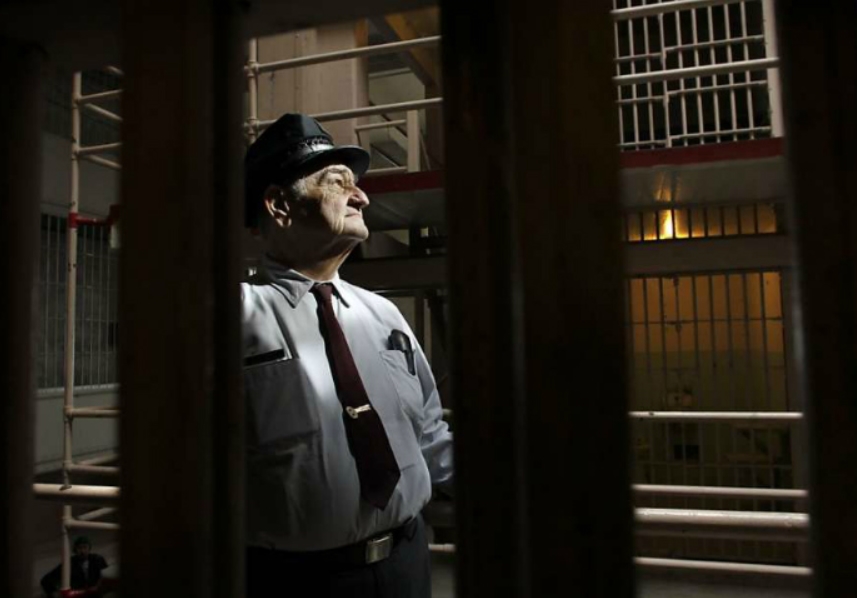
The Last Guard
Conspiracy Theories
Like any big and mysterious event, conspiracy theories have come up regarding the fate of the Alcatraz escapees. One such conspiracy, which is depicted in a film, is that the men used an electrical cord to attach themselves to a passenger ferry that left Alcatraz not long after midgnight.
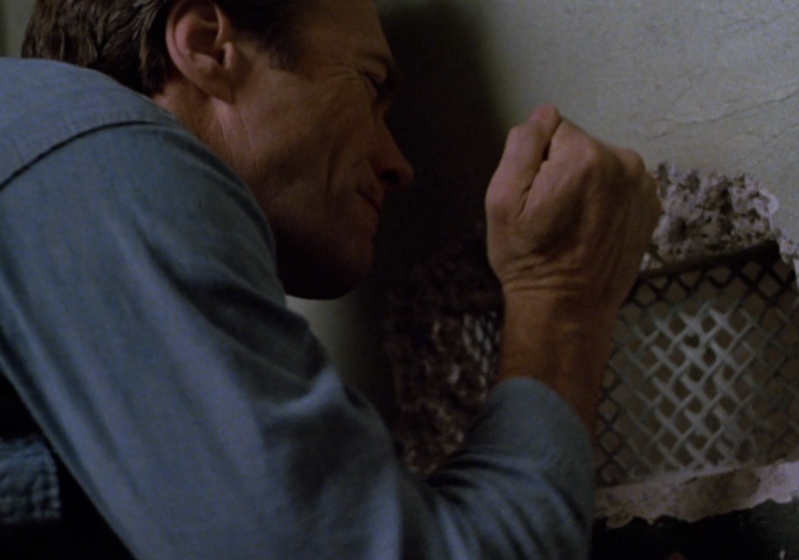
Conspiracy Theories
Busting Myths
The T.V. show, Mythbusters, did an episode in 2003 that checked out the possibility of escaping from Alcatraz Island with a raft made out of the materials claimed to be used. The conclusion was that it was indeed a feasible escape plan.
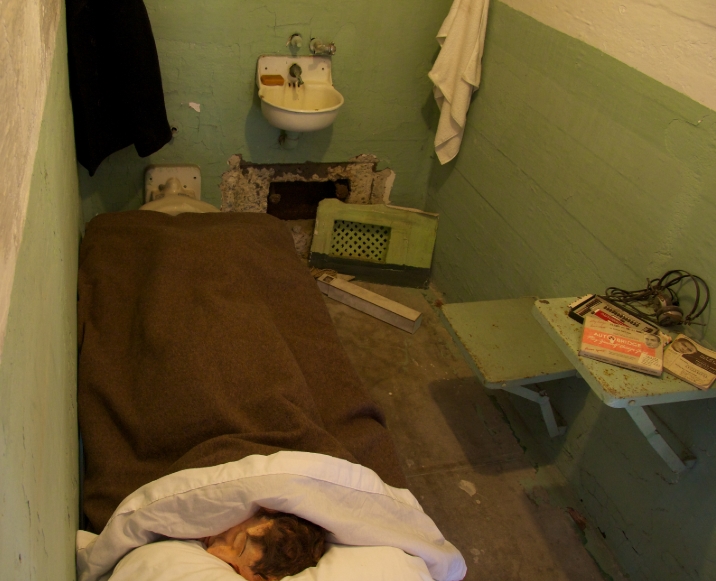
Busting Myths
A Former Inmate
A man by the name of Thomas Kent got in touch with America’s Most Wanted, a television program, in 1993 and made some interesting claims. He claimed to have been a prisoner on Alcatraz Island and said that he was a part of the escape plan. He said that he didn’t join the others simply because he didn’t know how to swim.
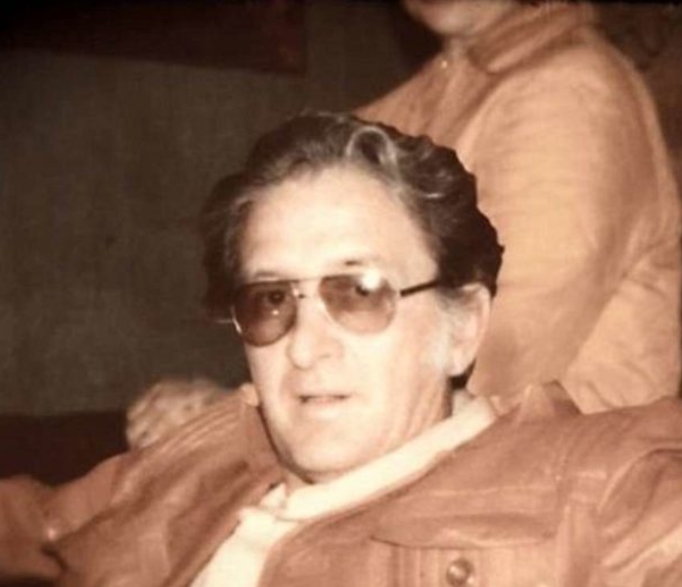
A Former Inmate
More Details
Kent also said that the plan was for Clarence’s girlfriend to meet them on shore and then drive them all to Mexico. This contradicted the story that Allen West had told about stealing a car from Angel Island. People were still skeptical about Kent’s account because they found out that he was paid to do the interview.
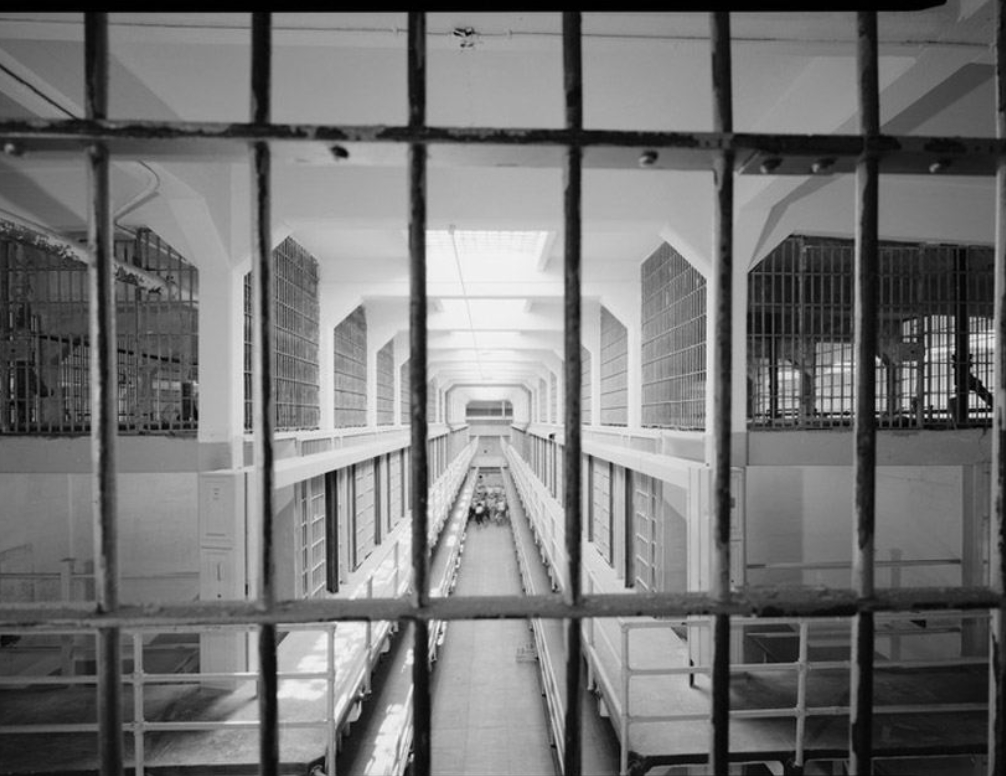
More Details
FBI Cover Up
Even though the FBI originally claimed that no cars thefts were reported in the days following the escape, there actually was one. A 2011 program run by National Geographic pointed out that there were a number of pieces of evidence that turned up that the FBI failed to announce.
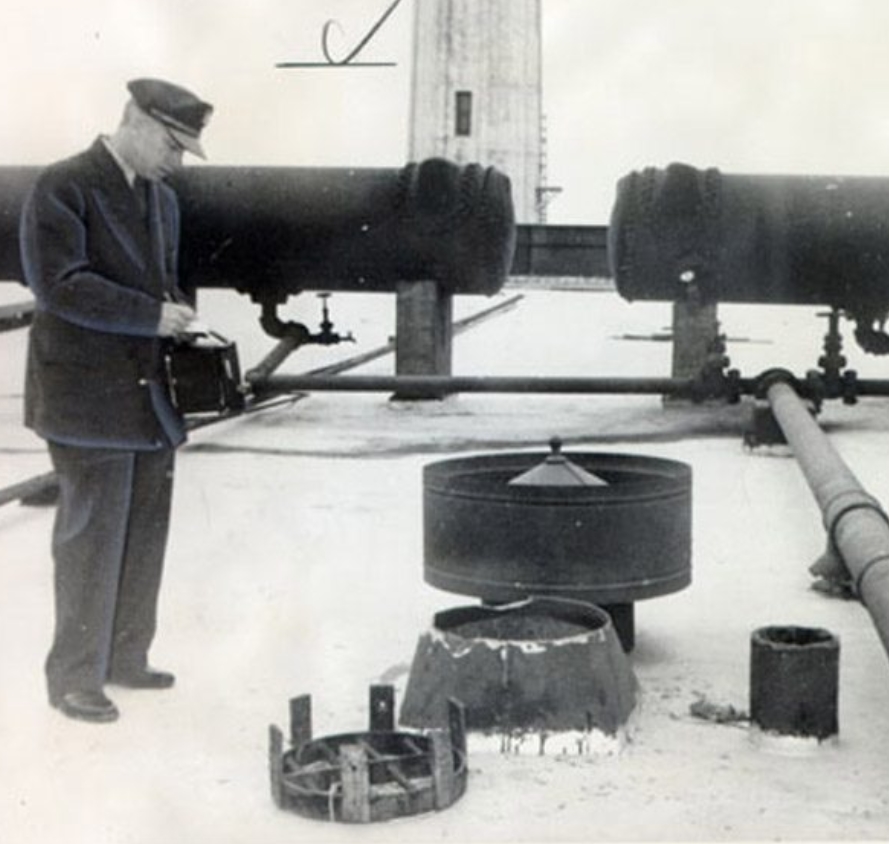
FBI Cover Up
Angel Island Beach
According to Allen West’s claims, the inmates planned to reach Angel Island. The 2011 National Geographic piece revealed that there was evidence of their landing there on that night. Footprints on the beach were visible, a car had been stolen in the area of those footprints, and a makeshift raft wreckage was found too.
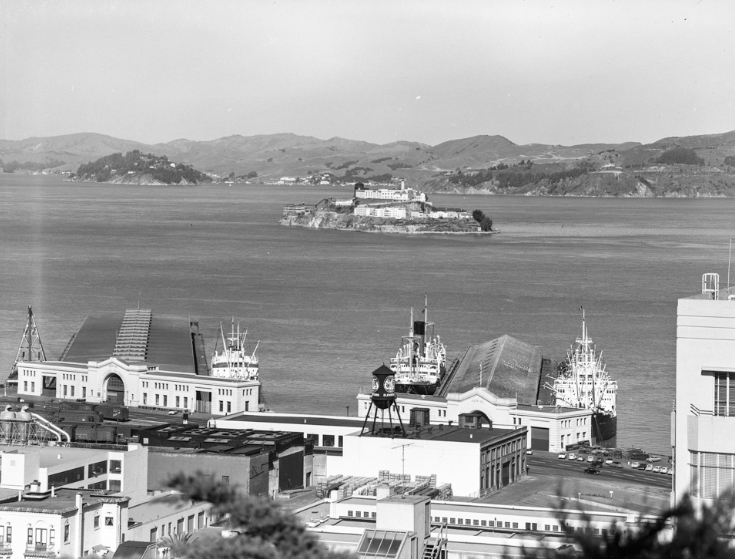
Angel Island Beach
Where Are They Now?
The fate of the three Alcatraz escapees, Frank Lee Morris, John Anglin and Clarence Anglin might never come to the surface. We’re still not sure if police ever made contact with the person who wrote that eerie letter. If they were to be alive today, then Frank Lee Morris, John Anglin and Clarence Anglin, would be 90, 86, and 87 respectively. This is a mystery that still lives on in American history.
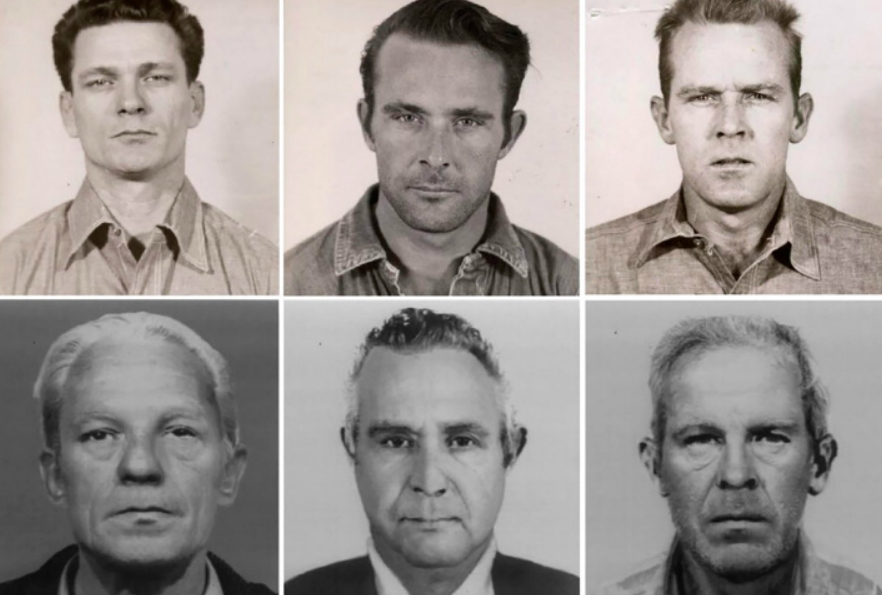
Where Are They Now?
Not Impossible
Even though the waters surrounding Alcatraz Island are freezing during the year, and rough too, ruling out the possibility of swimming in them has been disproved. Nowadays many athletes complete the Alcatraz–Fort Point route in order to train for triathlon events.
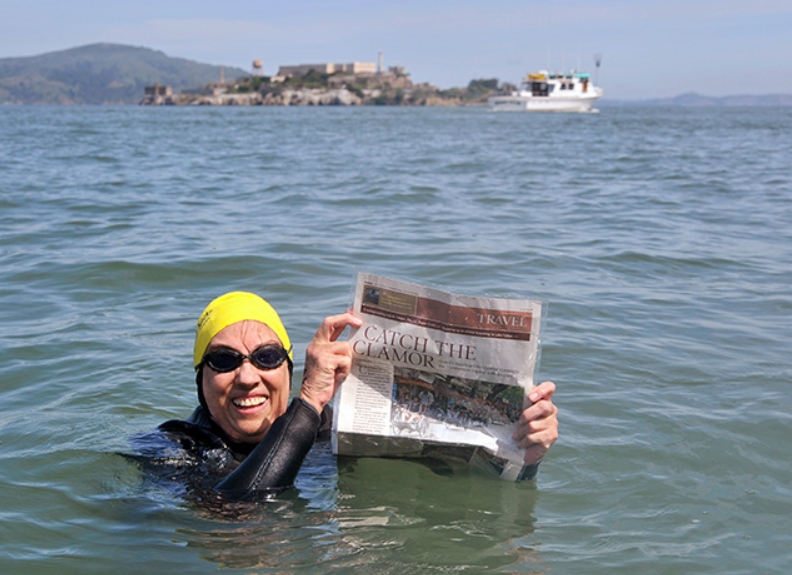
Not Impossible
John Paul Scott
An Alcatraz inmate by the name of John Paul Scott almost made it out alive by swimming to Fort Point On December 16th, 1962. The distance to the southern end of the Golden Gate Bridge was about 3.1 miles. A group of teenagers spotted him on the beach and thought he was dead. Soon after they called the police, who quickly realized who the man was. He was sent back to Alcatraz, exhausted and suffering from hypothermia.
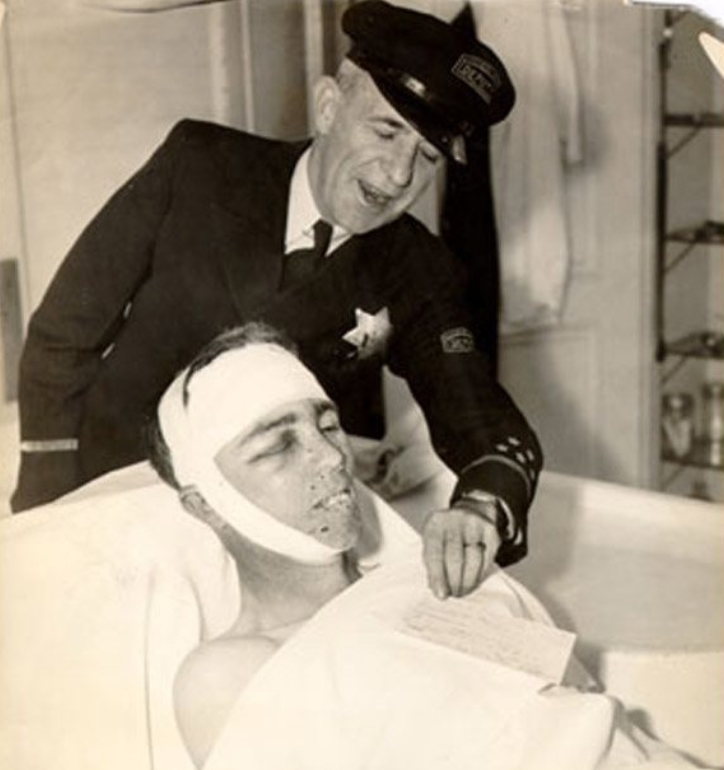
John Paul Scott
Al Capone
There have been some notable figures who have been incarcerated on Alcatraz Island, and one of those figures is Al Capone. The mafia boss was transferred to the island in 1936, and quite quickly began to break down. He was lightly wounded when another inmate stabbed him. He was released from the island in 1939.
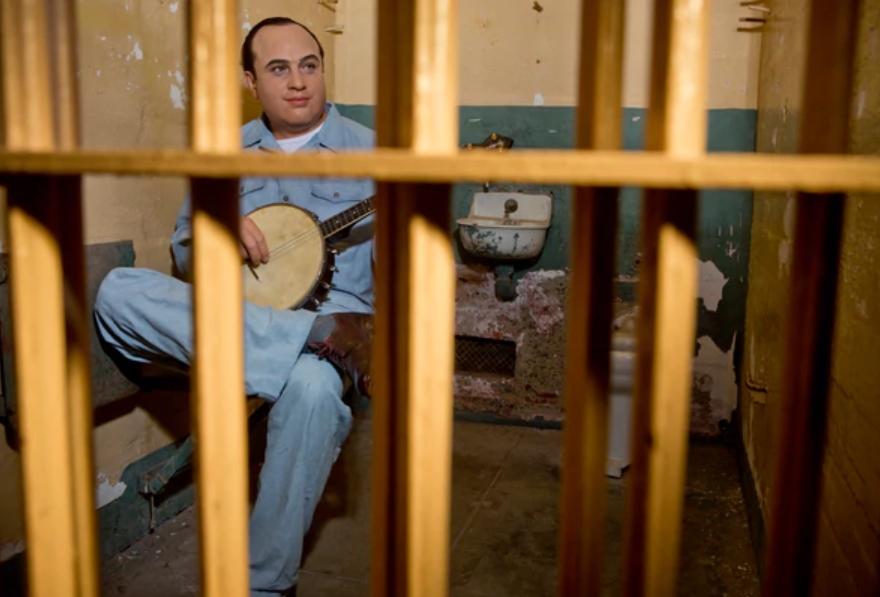
Al Capone








